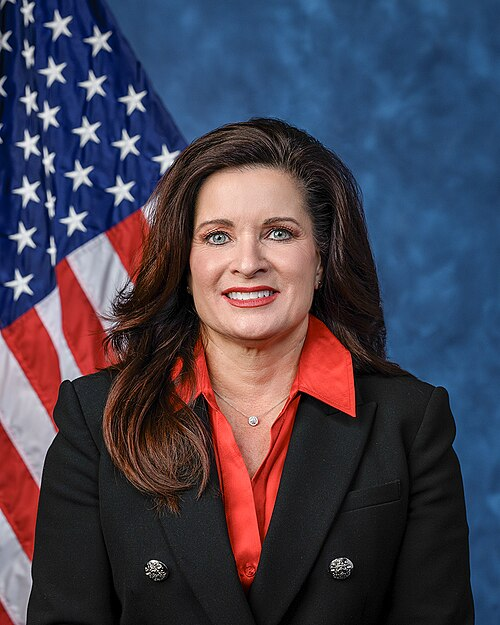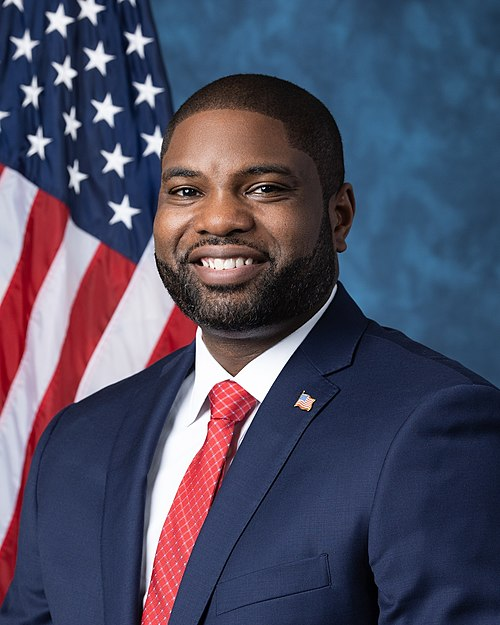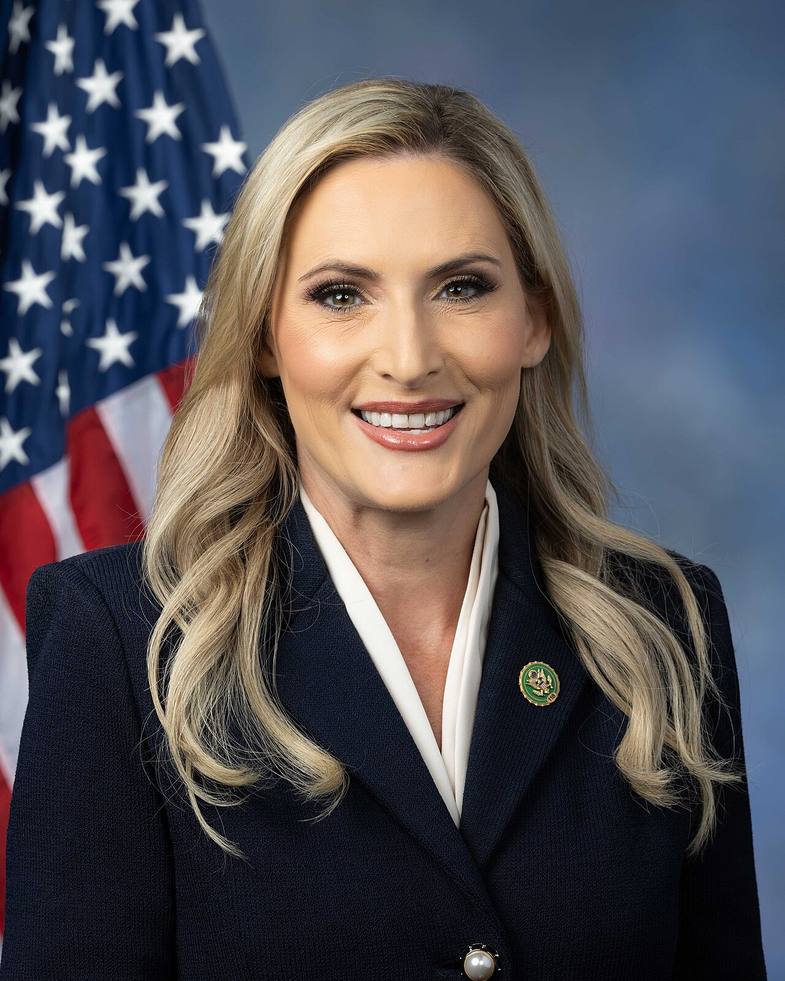H.R. 999: Right to Contraception Act
This bill, titled the Right to Contraception Act, aims to establish and protect the right to access contraception for individuals and the right of health care providers to offer contraceptives and related services. The primary objectives and provisions of the bill include:
Definitions
- Contraception: Actions taken to prevent pregnancy, including both contraceptives and sterilization procedures.
- Contraceptive: Any drug, device, or product intended to prevent pregnancy.
- Health care provider: Individuals or entities licensed to provide health care services, including doctors, nurses, and pharmacists.
Key Findings
The bill asserts several findings regarding contraception, including:
- Access to contraception is a fundamental right linked to privacy, health, and individual dignity.
- Significant court rulings (e.g., Griswold v. Connecticut) support the constitutional right to contraception.
- Contraception is recognized internationally as a human right that enhances health and equality.
- Many marginalized groups face barriers to accessing contraception due to socio-economic inequities.
Purposes of the Act
The purposes of this Act are to:
- Establish a clear right to access contraceptives.
- Allow individuals to obtain contraception and engage in family planning.
- Protect individual choices regarding their bodies and health care.
Permitted Services
Individuals have the right to:
- Obtain contraceptives and engage in contraception without coercion.
- Receive guidance and services related to contraception from health care providers.
Limitations on Access
The Act restricts any limitations on access to contraceptives that:
- Specifically single out contraception or contraceptive providers.
- Impedes access to contraceptives or related information.
Applicability
This Act would apply to state and federal laws, superseding existing laws that restrict contraceptive access. However, it will not affect laws related to health insurance coverage requirements.
Enforcement Mechanisms
- The Attorney General can initiate legal action against states or officials that violate the Act.
- Individuals may also sue if they are adversely affected by violations, with provisions for equitable relief and coverage for legal costs.
Severability Clause
If any part of the Act is found unconstitutional, the remaining provisions will still stand.
Relevant Companies
- PFE (Pfizer Inc.): As a pharmaceutical company that produces contraceptive products, Pfizer may be affected by any changes in regulations or access issues related to contraceptives.
- MRK (Merck & Co., Inc.): Involved in producing contraceptive options, changes in accessibility defined by this Act could influence their business operations.
- TEVA (Teva Pharmaceutical Industries Limited): This company produces generic contraceptive products and could see a direct impact on sales and distribution should this Act change the market landscape for contraceptives.
This is an AI-generated summary of the bill text. There may be mistakes.
Sponsors
207 bill sponsors
-
TrackLizzie Fletcher
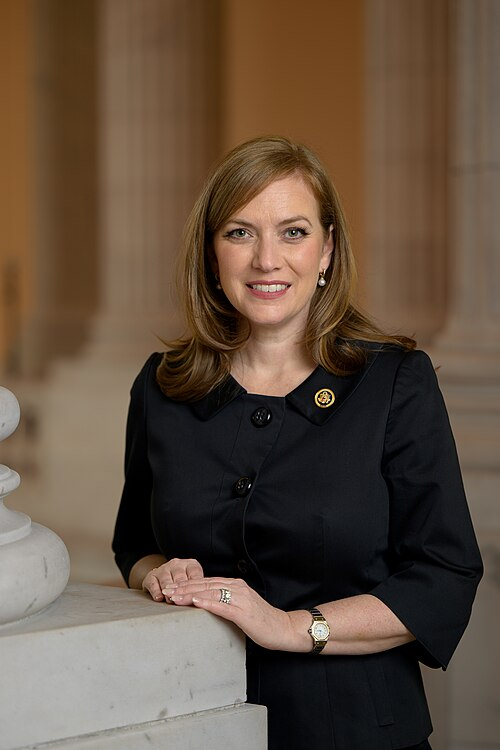
Sponsor
-
TrackAlma S. Adams

Co-Sponsor
-
TrackPete Aguilar
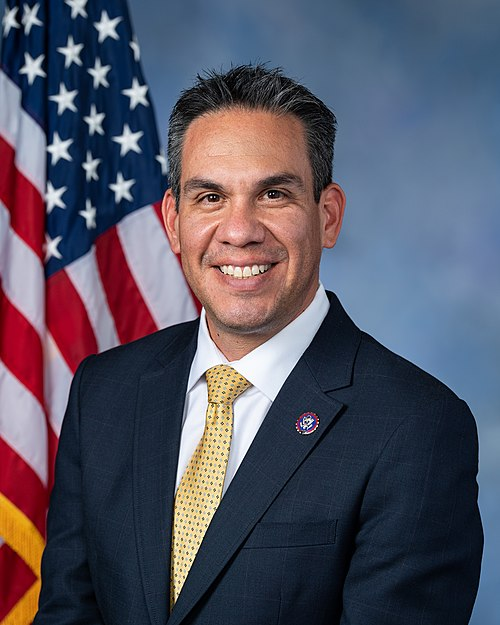
Co-Sponsor
-
TrackGabe Amo
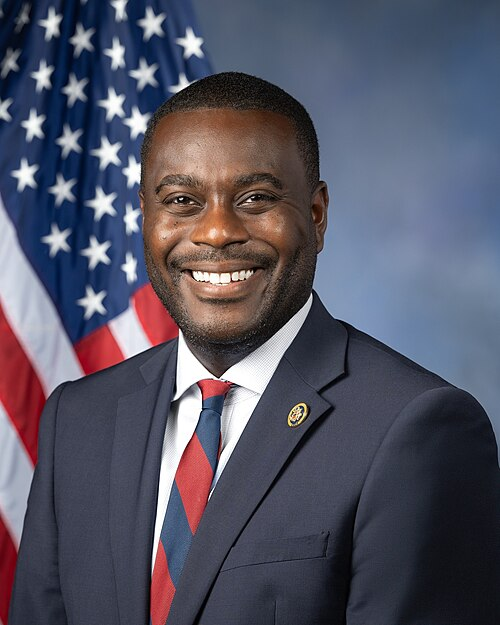
Co-Sponsor
-
TrackYassamin Ansari

Co-Sponsor
-
TrackJake Auchincloss

Co-Sponsor
-
TrackBecca Balint

Co-Sponsor
-
TrackNanette Diaz Barragán

Co-Sponsor
-
TrackJoyce Beatty
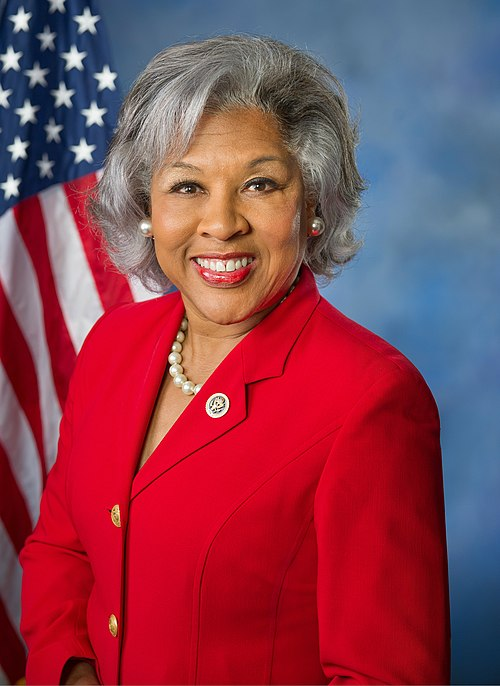
Co-Sponsor
-
TrackWesley Bell

Co-Sponsor
-
TrackAmi Bera
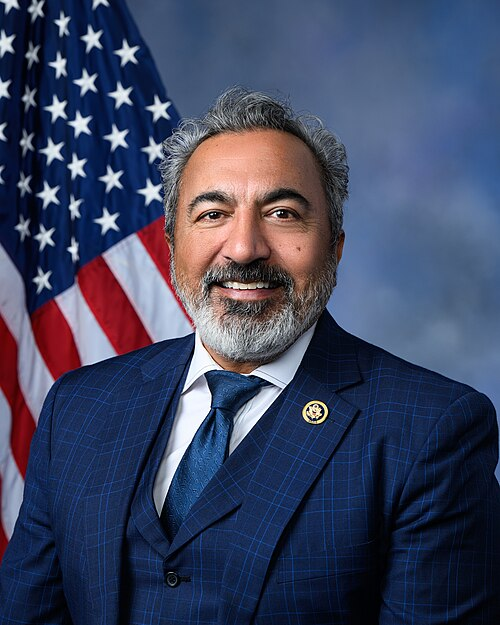
Co-Sponsor
-
TrackDonald S. Beyer, Jr.

Co-Sponsor
-
TrackSuzanne Bonamici

Co-Sponsor
-
TrackBrendan F. Boyle

Co-Sponsor
-
TrackShontel M. Brown

Co-Sponsor
-
TrackJulia Brownley
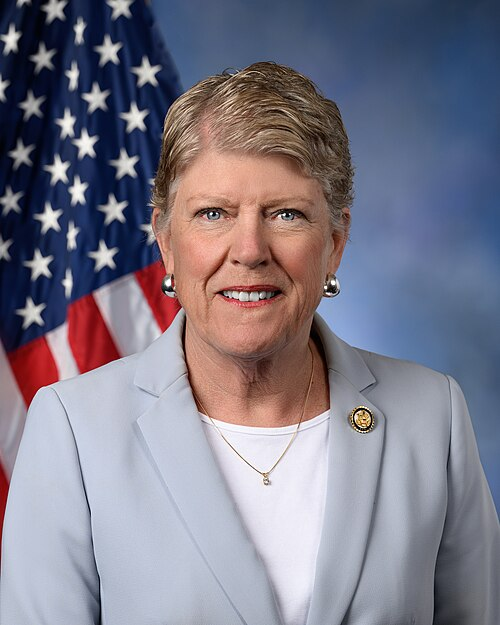
Co-Sponsor
-
TrackNikki Budzinski
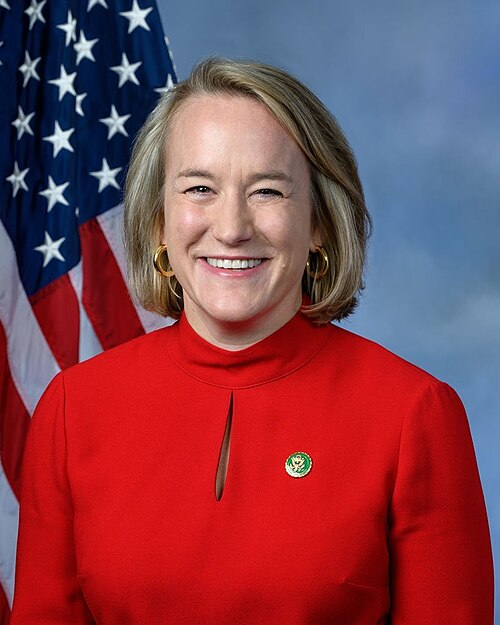
Co-Sponsor
-
TrackJanelle Bynum

Co-Sponsor
-
TrackSalud O. Carbajal
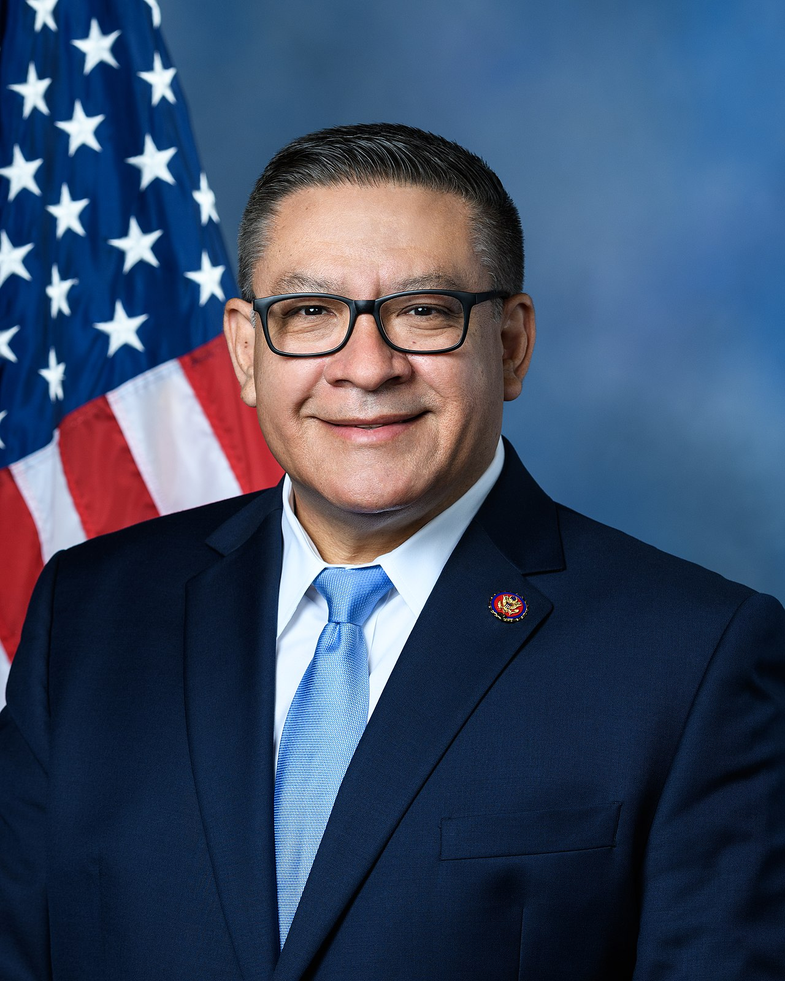
Co-Sponsor
-
TrackAndré Carson
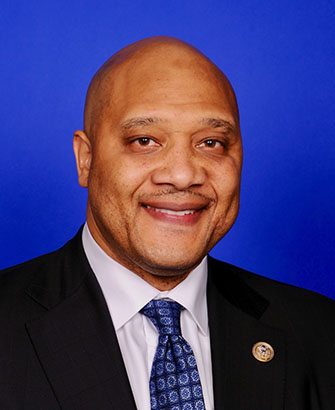
Co-Sponsor
-
TrackTroy A. Carter
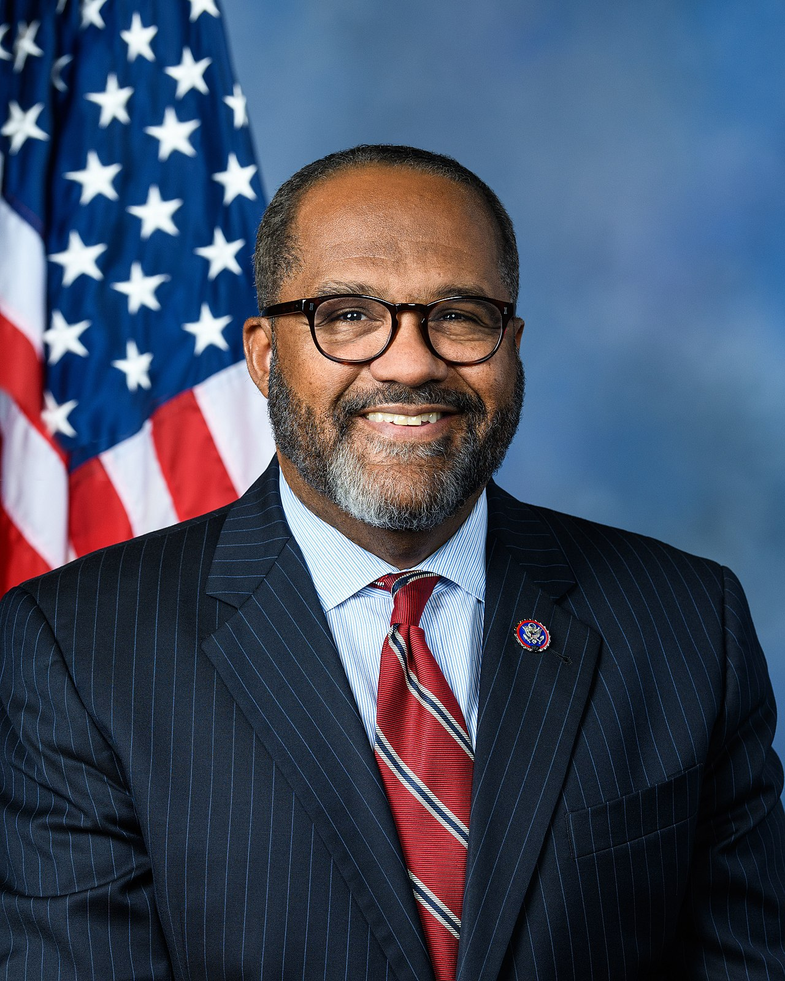
Co-Sponsor
-
TrackGreg Casar

Co-Sponsor
-
TrackEd Case
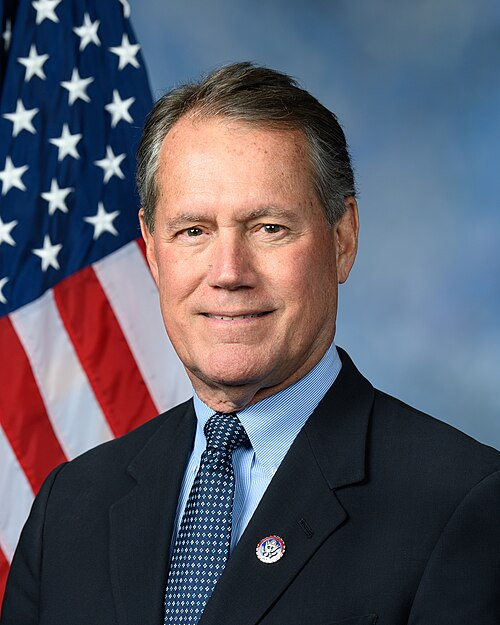
Co-Sponsor
-
TrackSean Casten

Co-Sponsor
-
TrackKathy Castor
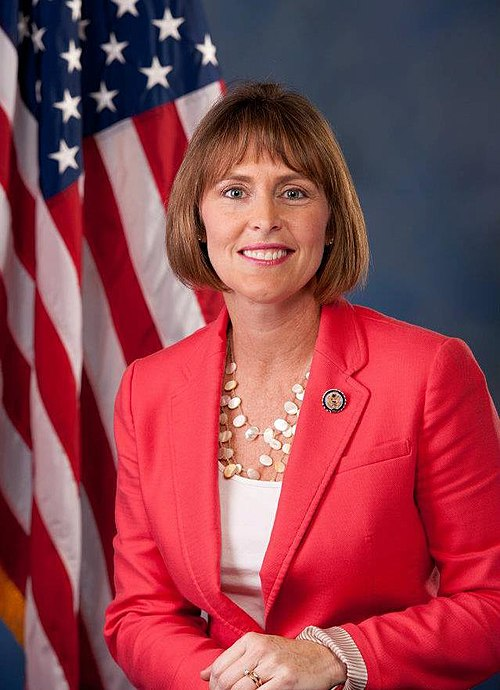
Co-Sponsor
-
TrackJoaquin Castro

Co-Sponsor
-
TrackSheila Cherfilus-McCormick

Co-Sponsor
-
TrackJudy Chu

Co-Sponsor
-
TrackGilbert Ray Cisneros, Jr.

Co-Sponsor
-
TrackKatherine M. Clark

Co-Sponsor
-
TrackYvette D. Clarke

Co-Sponsor
-
TrackEmanuel Cleaver

Co-Sponsor
-
TrackJames E. Clyburn

Co-Sponsor
-
TrackSteve Cohen

Co-Sponsor
-
TrackHerbert Conaway
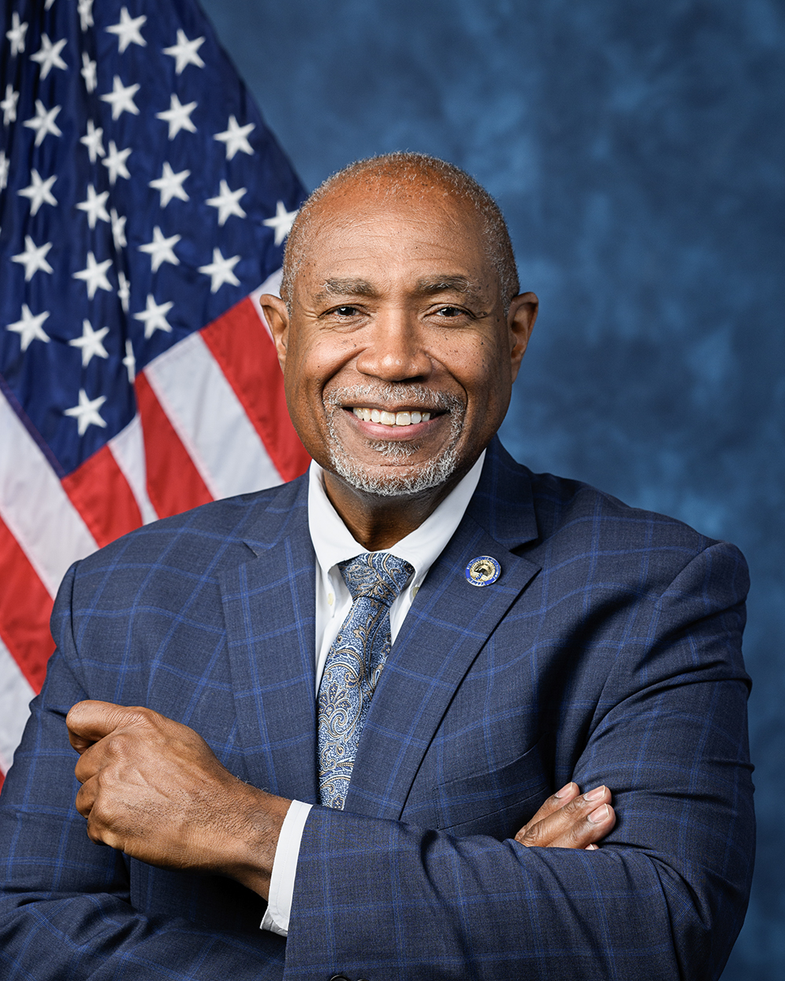
Co-Sponsor
-
TrackGerald E. Connolly

Co-Sponsor
-
TrackJ. Luis Correa

Co-Sponsor
-
TrackJim Costa
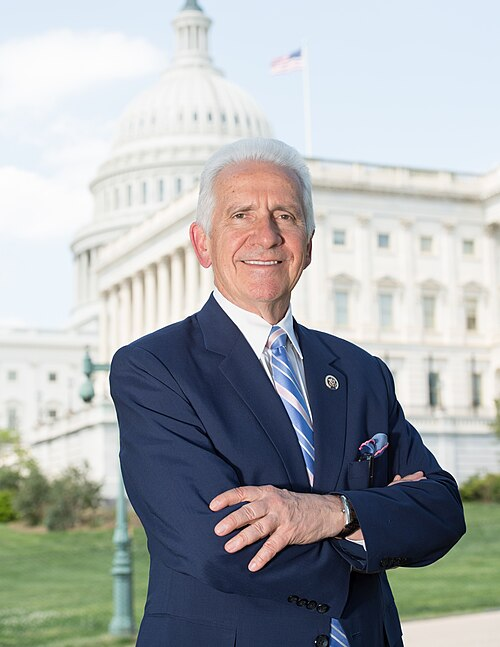
Co-Sponsor
-
TrackJoe Courtney

Co-Sponsor
-
TrackAngie Craig

Co-Sponsor
-
TrackJasmine Crockett

Co-Sponsor
-
TrackJason Crow

Co-Sponsor
-
TrackSharice Davids
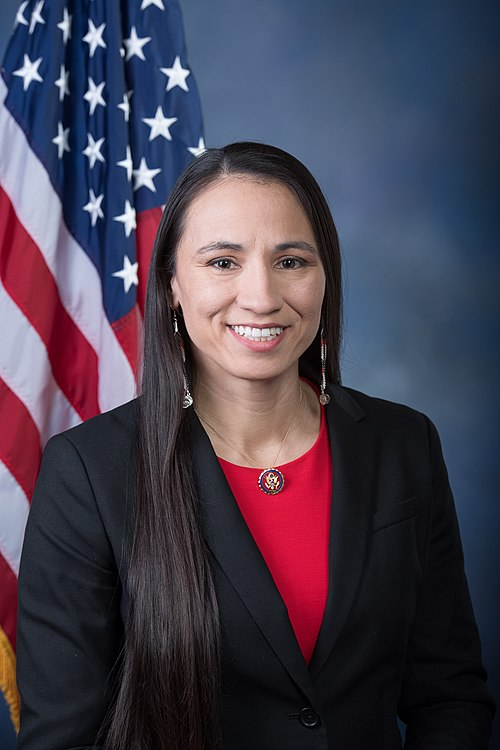
Co-Sponsor
-
TrackDanny K. Davis
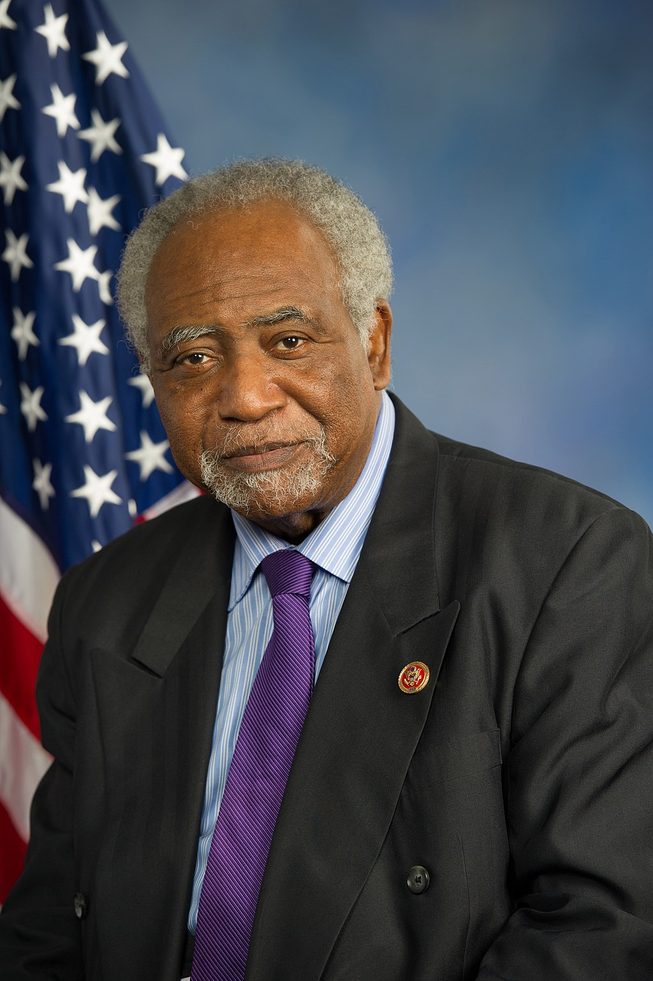
Co-Sponsor
-
TrackDiana DeGette

Co-Sponsor
-
TrackRosa L. DeLauro

Co-Sponsor
-
TrackMark DeSaulnier
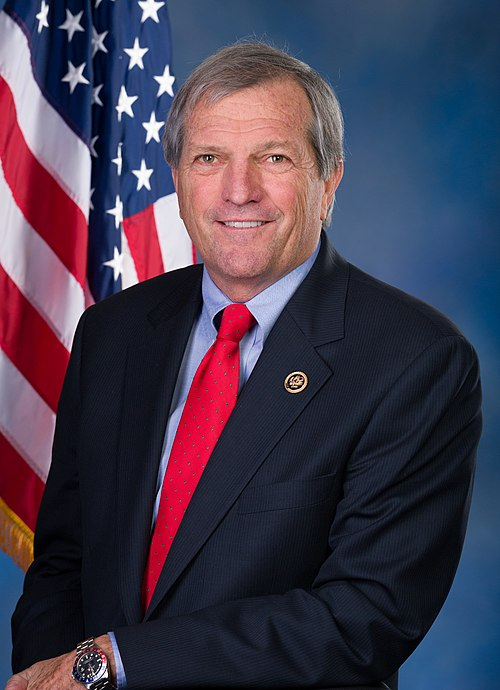
Co-Sponsor
-
TrackMadeleine Dean

Co-Sponsor
-
TrackSuzan K. DelBene
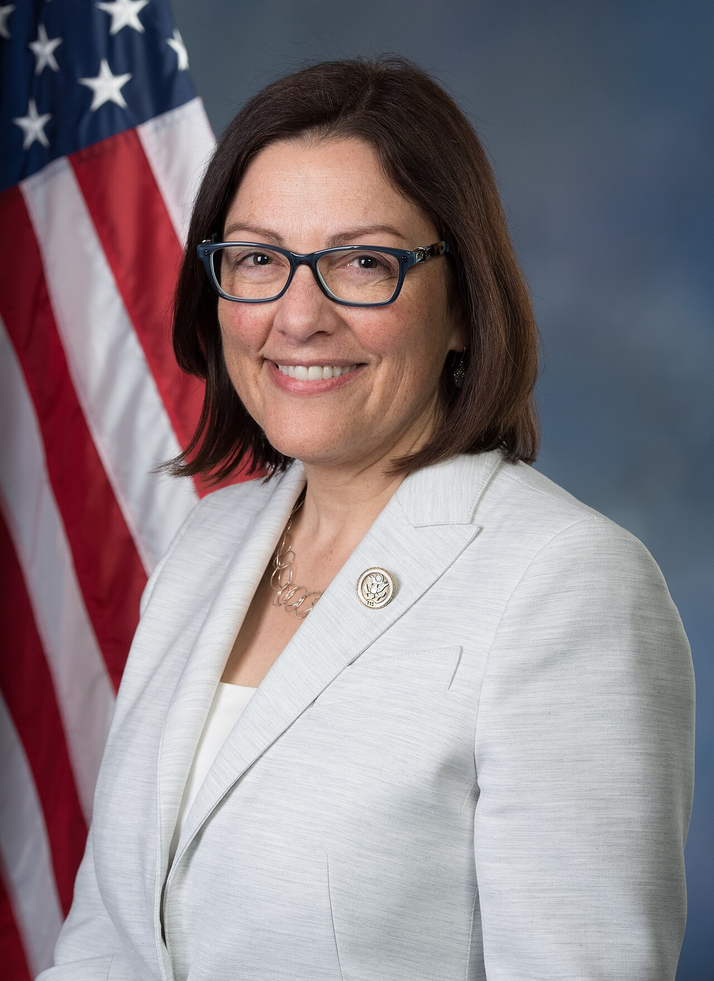
Co-Sponsor
-
TrackChristopher R. Deluzio

Co-Sponsor
-
TrackMaxine Dexter

Co-Sponsor
-
TrackDebbie Dingell

Co-Sponsor
-
TrackLloyd Doggett

Co-Sponsor
-
TrackSarah Elfreth

Co-Sponsor
-
TrackVeronica Escobar
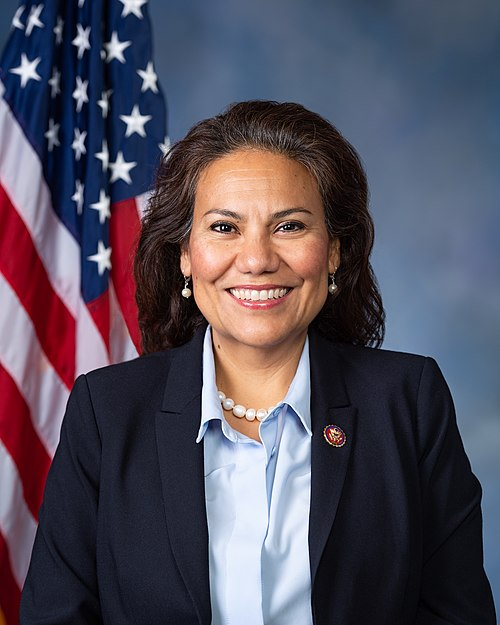
Co-Sponsor
-
TrackAdriano Espaillat
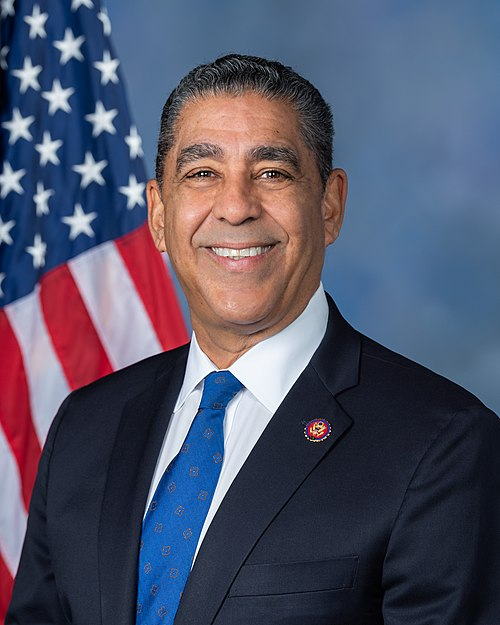
Co-Sponsor
-
TrackDwight Evans

Co-Sponsor
-
TrackShomari Figures
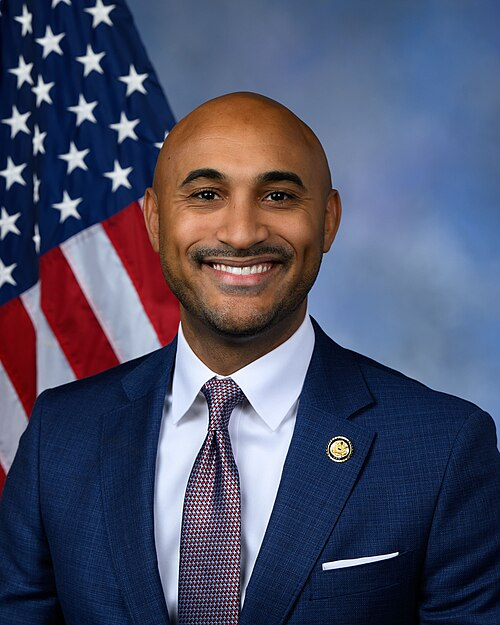
Co-Sponsor
-
TrackBill Foster

Co-Sponsor
-
TrackValerie P. Foushee

Co-Sponsor
-
TrackLois Frankel

Co-Sponsor
-
TrackLaura Friedman

Co-Sponsor
-
TrackMaxwell Frost

Co-Sponsor
-
TrackJohn Garamendi

Co-Sponsor
-
TrackRobert Garcia
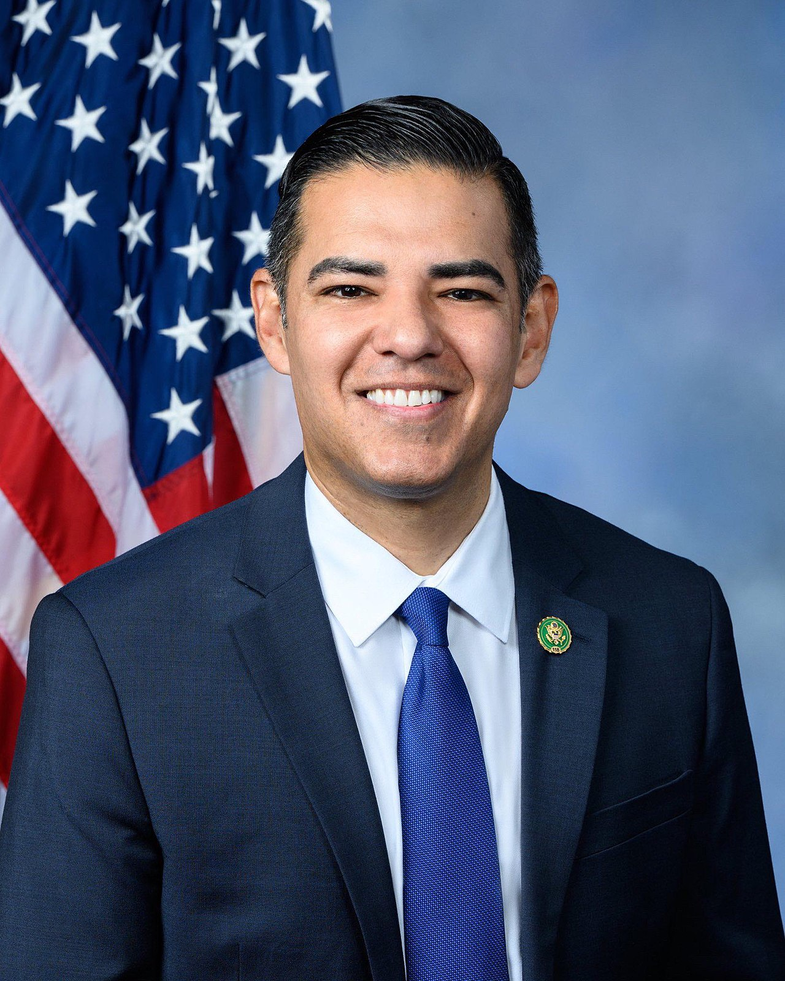
Co-Sponsor
-
TrackSylvia R. Garcia
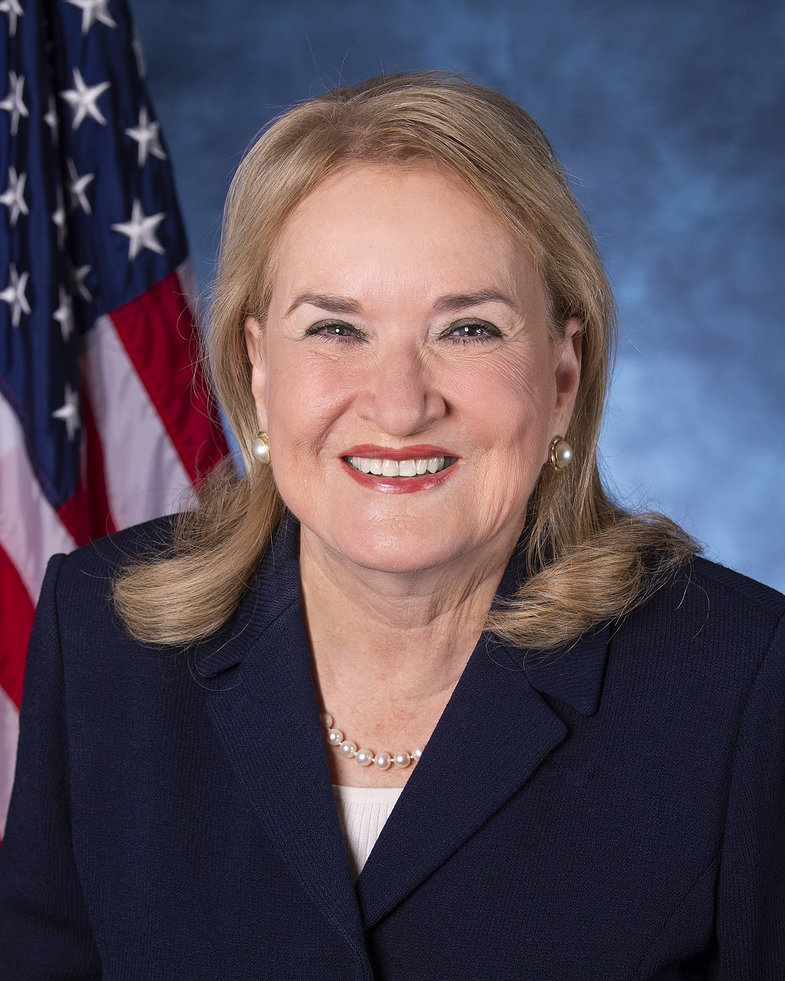
Co-Sponsor
-
TrackJesús G. "Chuy" García

Co-Sponsor
-
TrackLaura Gillen
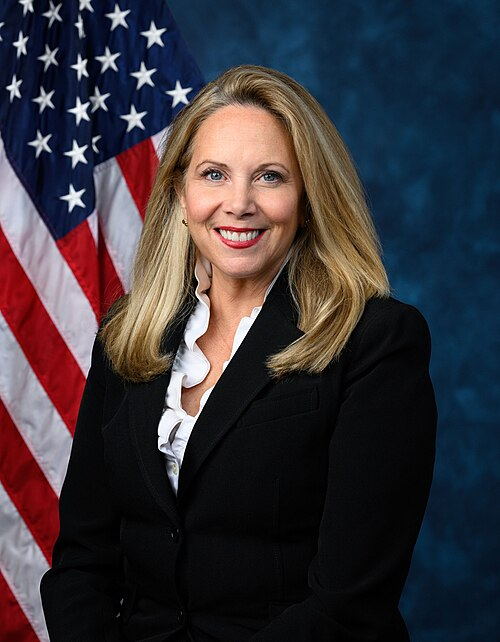
Co-Sponsor
-
TrackJared F. Golden

Co-Sponsor
-
TrackDaniel S. Goldman

Co-Sponsor
-
TrackJimmy Gomez
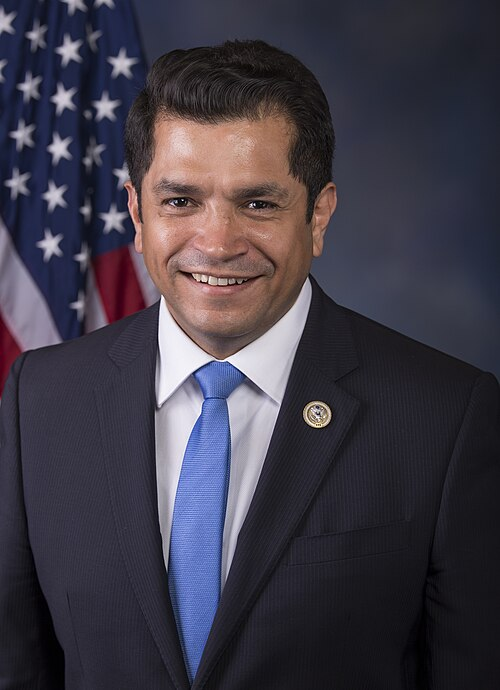
Co-Sponsor
-
TrackMaggie Goodlander

Co-Sponsor
-
TrackJosh Gottheimer

Co-Sponsor
-
TrackAl Green

Co-Sponsor
-
TrackRaúl M. Grijalva

Co-Sponsor
-
TrackJahana Hayes

Co-Sponsor
-
TrackJames A. Himes
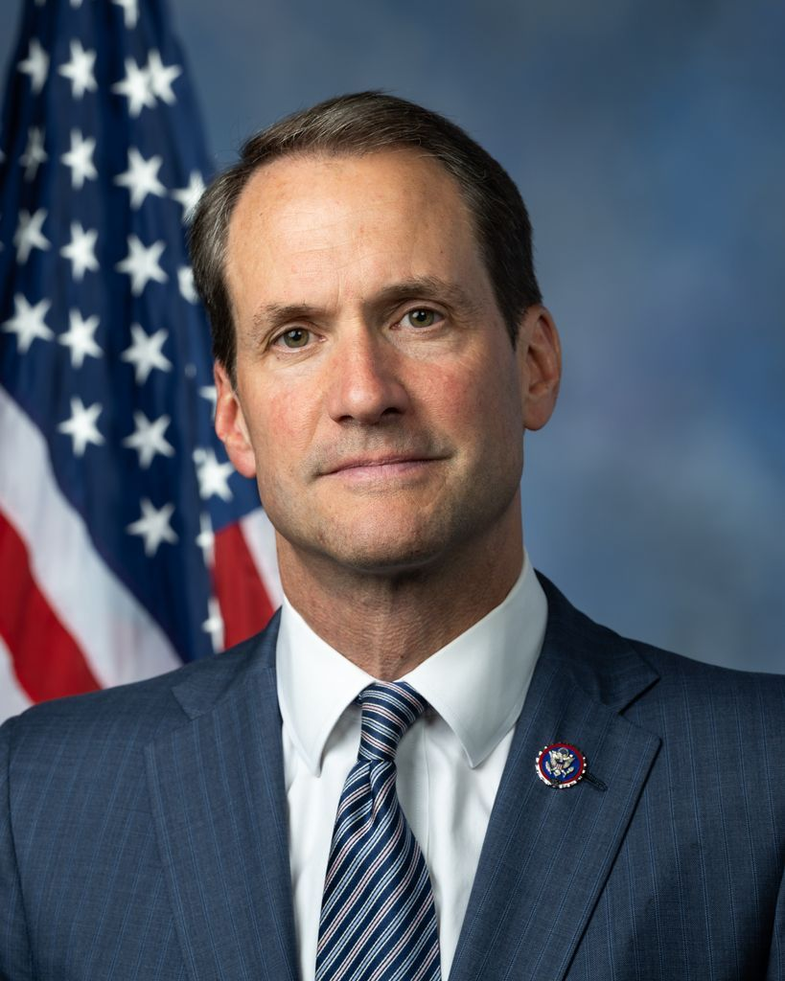
Co-Sponsor
-
TrackSteven Horsford
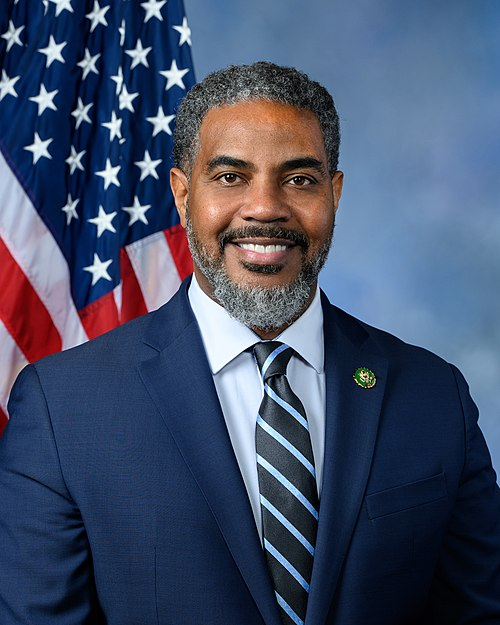
Co-Sponsor
-
TrackChrissy Houlahan

Co-Sponsor
-
TrackSteny H. Hoyer

Co-Sponsor
-
TrackVal T. Hoyle

Co-Sponsor
-
TrackJared Huffman
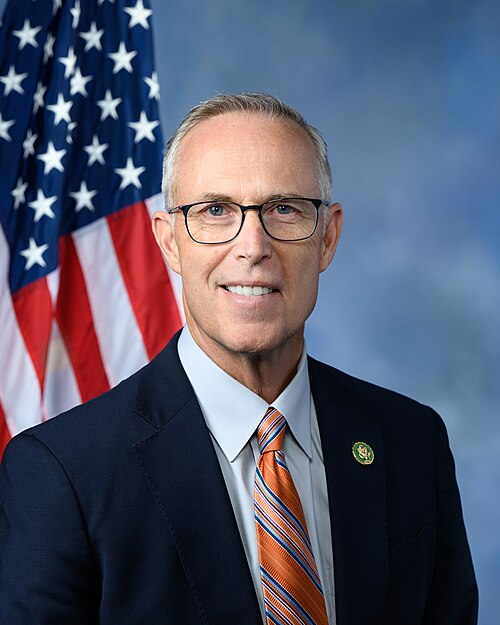
Co-Sponsor
-
TrackGlenn Ivey
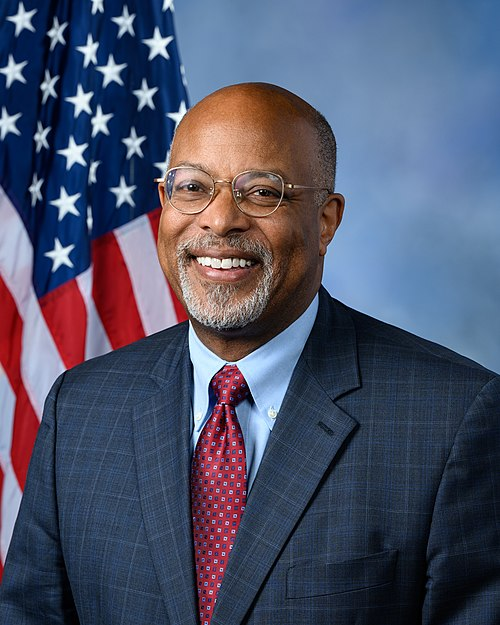
Co-Sponsor
-
TrackSara Jacobs
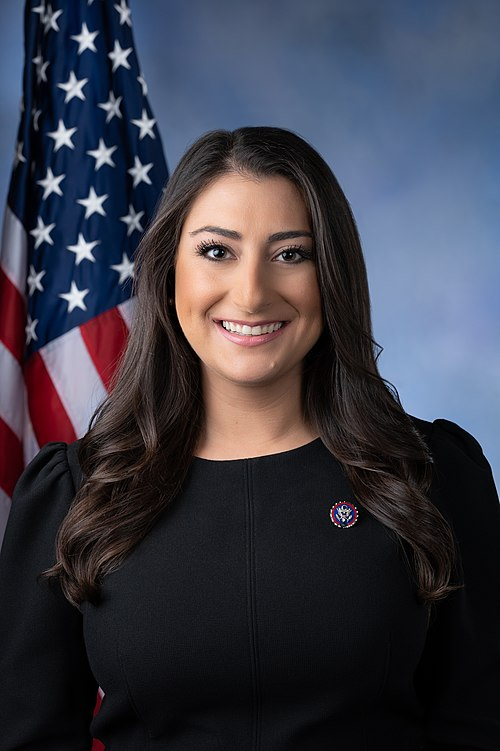
Co-Sponsor
-
TrackPramila Jayapal

Co-Sponsor
-
TrackJulie Johnson

Co-Sponsor
-
TrackHenry C. "Hank" Johnson, Jr.

Co-Sponsor
-
TrackSydney Kamlager-Dove

Co-Sponsor
-
TrackMarcy Kaptur

Co-Sponsor
-
TrackWilliam R. Keating

Co-Sponsor
-
TrackRobin L. Kelly

Co-Sponsor
-
TrackTimothy M. Kennedy
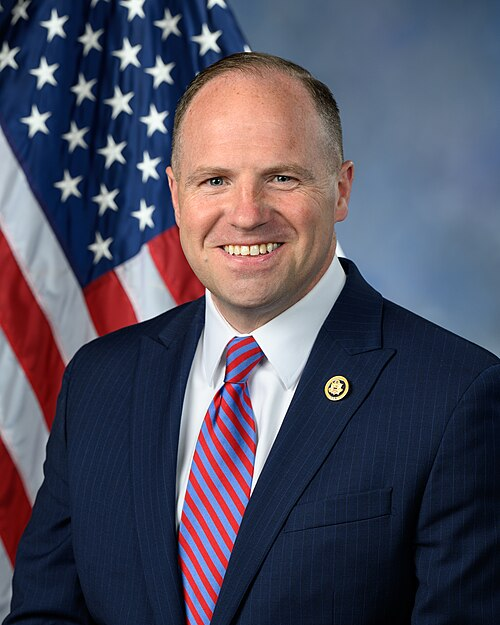
Co-Sponsor
-
TrackRaja Krishnamoorthi

Co-Sponsor
-
TrackGreg Landsman

Co-Sponsor
-
TrackRick Larsen

Co-Sponsor
-
TrackJohn B. Larson

Co-Sponsor
-
TrackGeorge Latimer

Co-Sponsor
-
TrackSummer L. Lee

Co-Sponsor
-
TrackSusie Lee
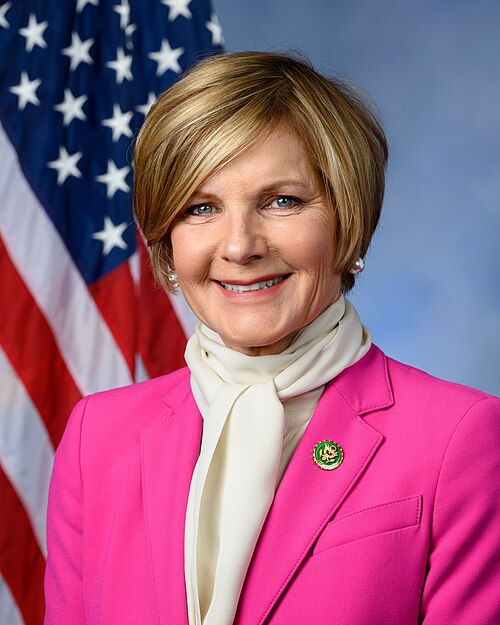
Co-Sponsor
-
TrackTeresa Leger Fernandez

Co-Sponsor
-
TrackMike Levin
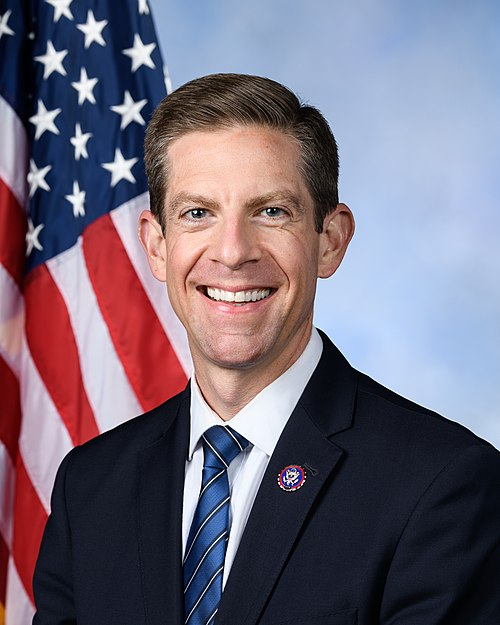
Co-Sponsor
-
TrackSam Liccardo
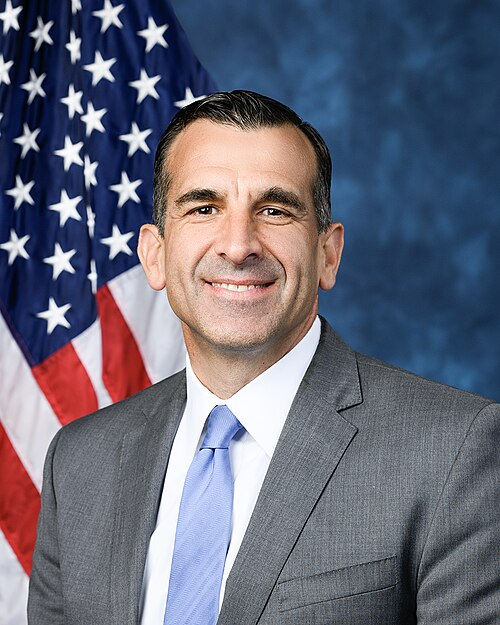
Co-Sponsor
-
TrackTed Lieu
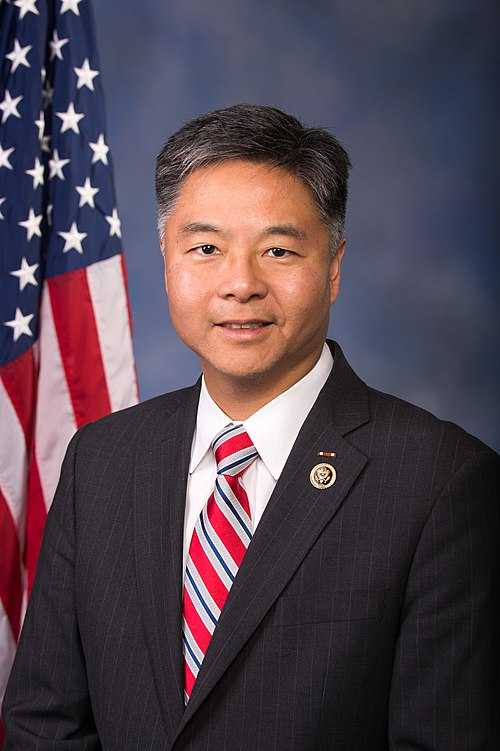
Co-Sponsor
-
TrackZoe Lofgren
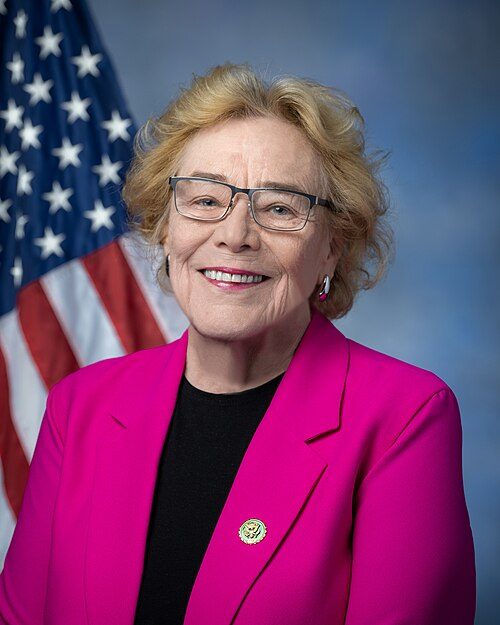
Co-Sponsor
-
TrackStephen F. Lynch

Co-Sponsor
-
TrackSeth Magaziner

Co-Sponsor
-
TrackJohn Mannion

Co-Sponsor
-
TrackDoris O. Matsui

Co-Sponsor
-
TrackLucy McBath
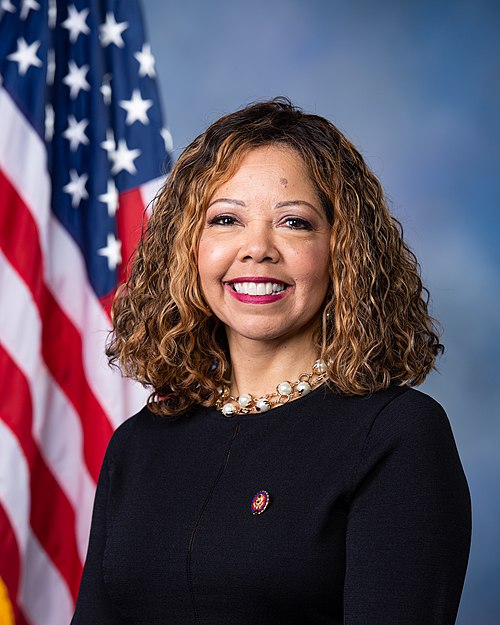
Co-Sponsor
-
TrackSarah McBride

Co-Sponsor
-
TrackApril McClain Delaney
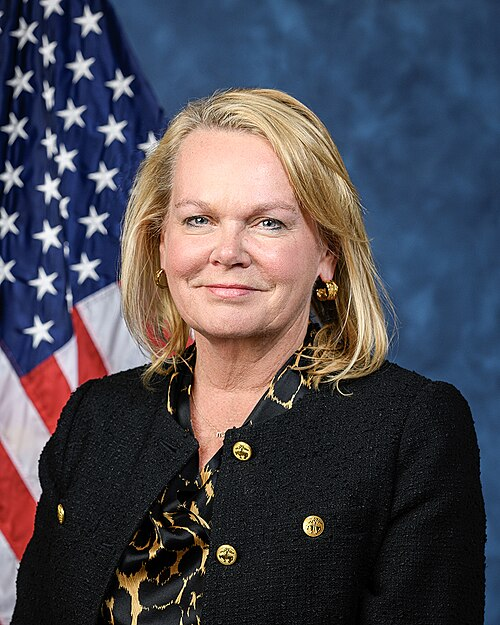
Co-Sponsor
-
TrackJennifer L. McClellan
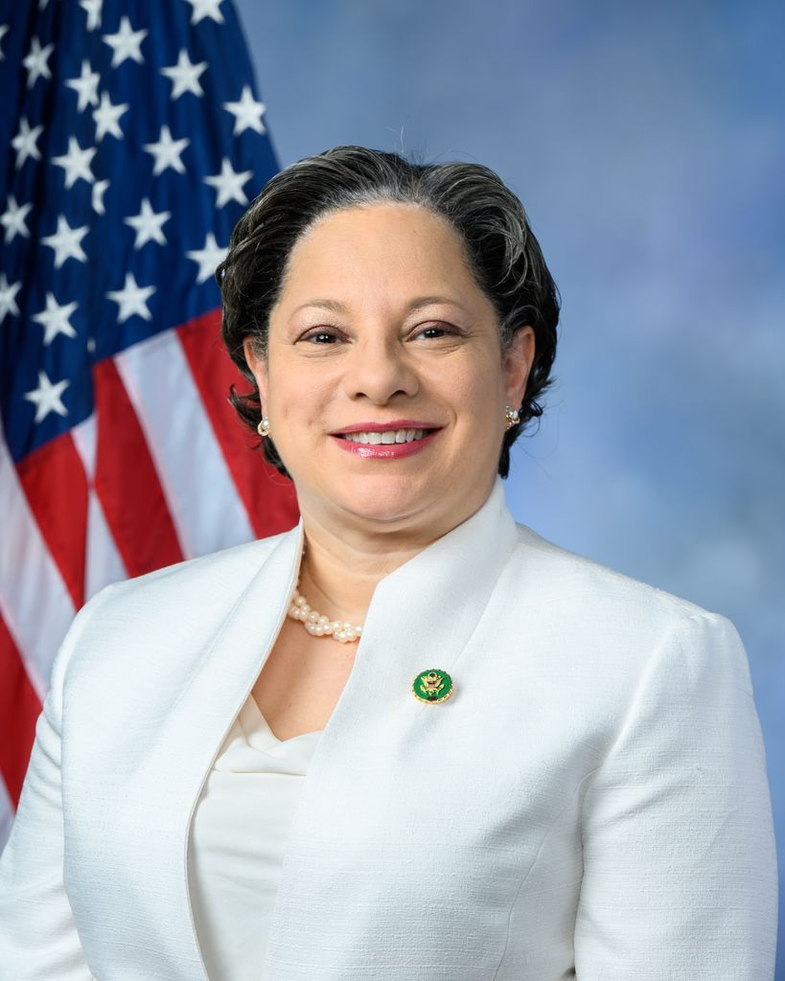
Co-Sponsor
-
TrackBetty McCollum
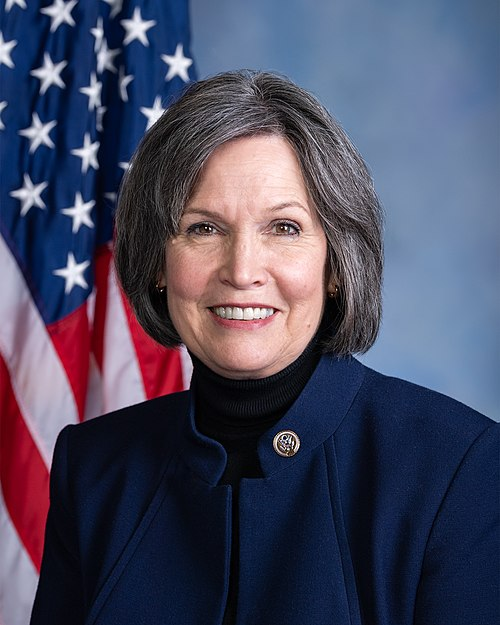
Co-Sponsor
-
TrackKristen McDonald Rivet

Co-Sponsor
-
TrackMorgan McGarvey

Co-Sponsor
-
TrackJames P. McGovern

Co-Sponsor
-
TrackLaMonica McIver
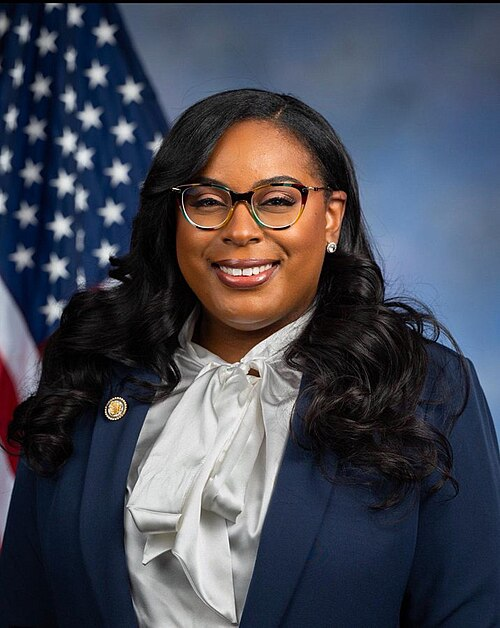
Co-Sponsor
-
TrackGregory W. Meeks

Co-Sponsor
-
TrackRobert Menendez

Co-Sponsor
-
TrackGrace Meng

Co-Sponsor
-
TrackKweisi Mfume
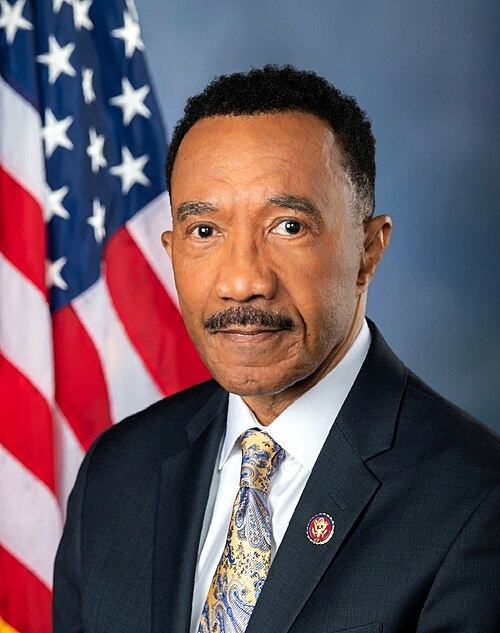
Co-Sponsor
-
TrackDave Min

Co-Sponsor
-
TrackGwen Moore
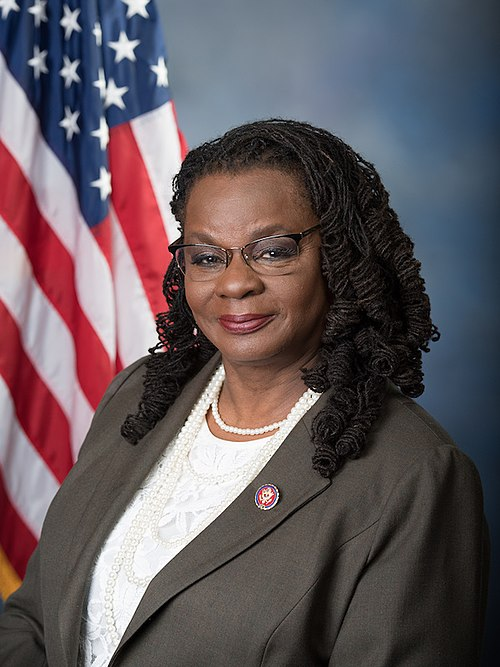
Co-Sponsor
-
TrackJoseph D. Morelle
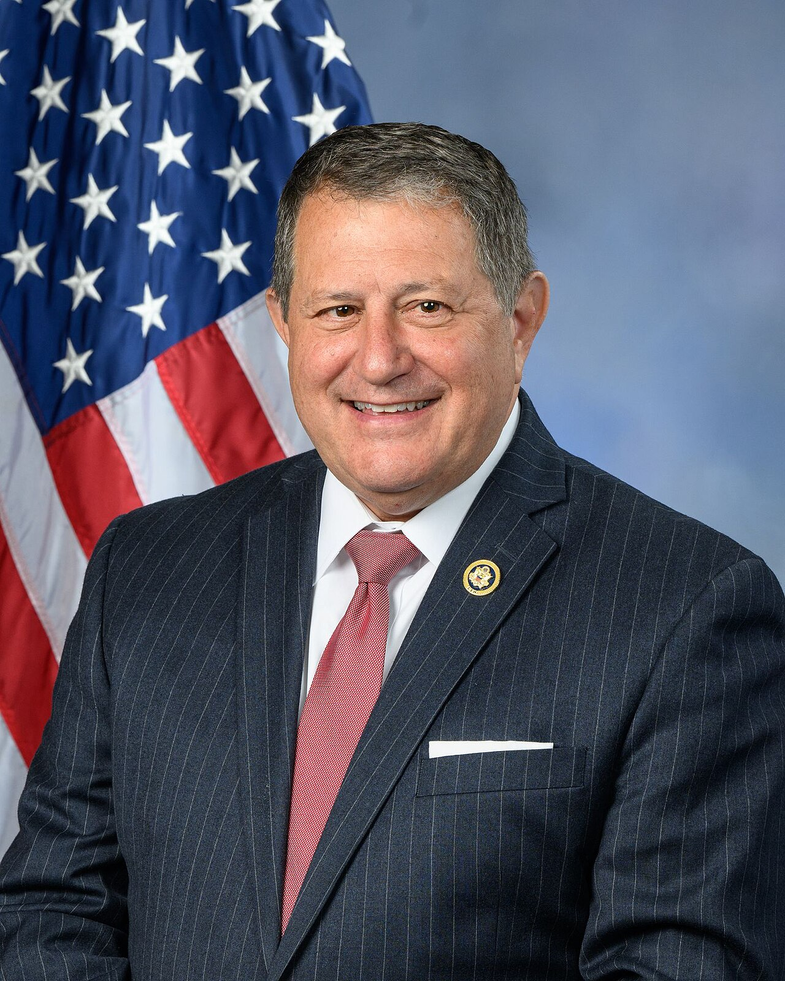
Co-Sponsor
-
TrackKelly Morrison
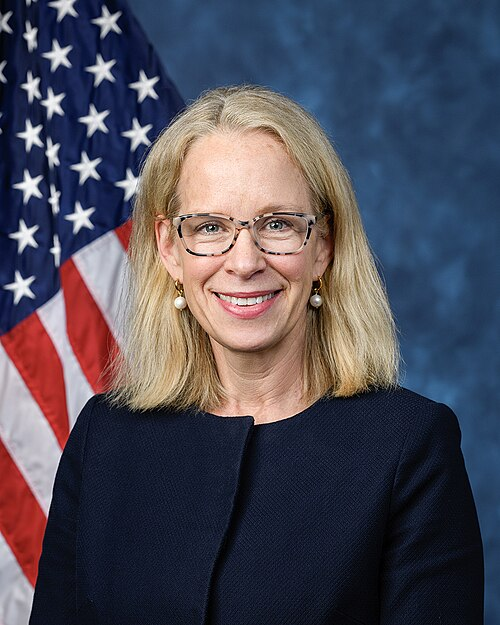
Co-Sponsor
-
TrackJared Moskowitz

Co-Sponsor
-
TrackSeth Moulton
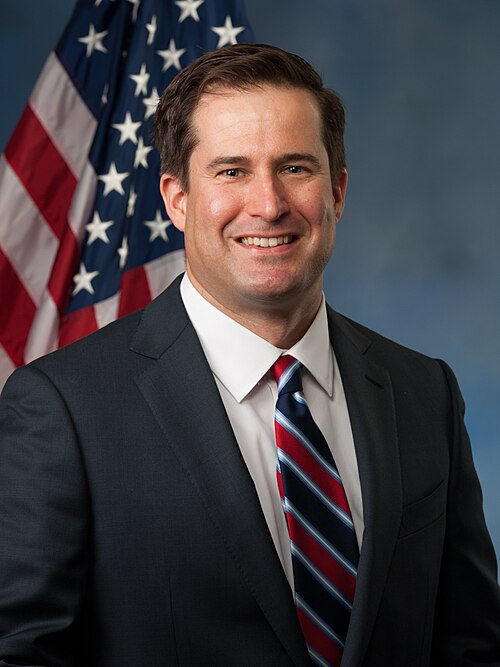
Co-Sponsor
-
TrackFrank J. Mrvan
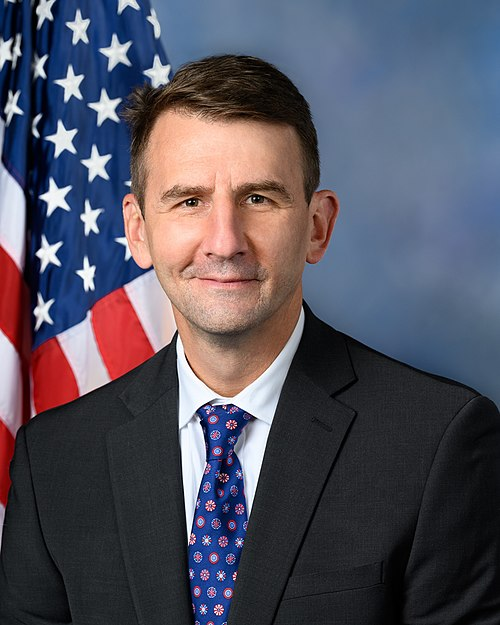
Co-Sponsor
-
TrackKevin Mullin
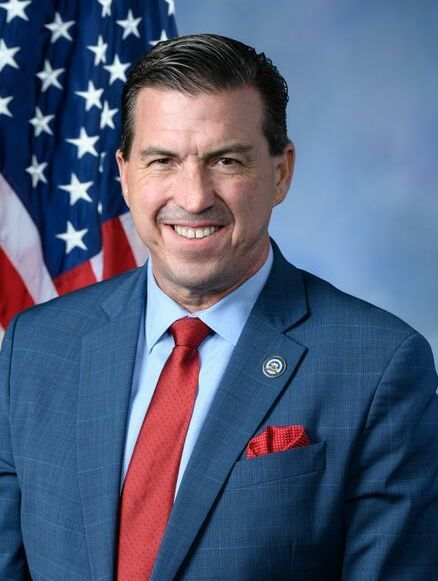
Co-Sponsor
-
TrackJerrold Nadler
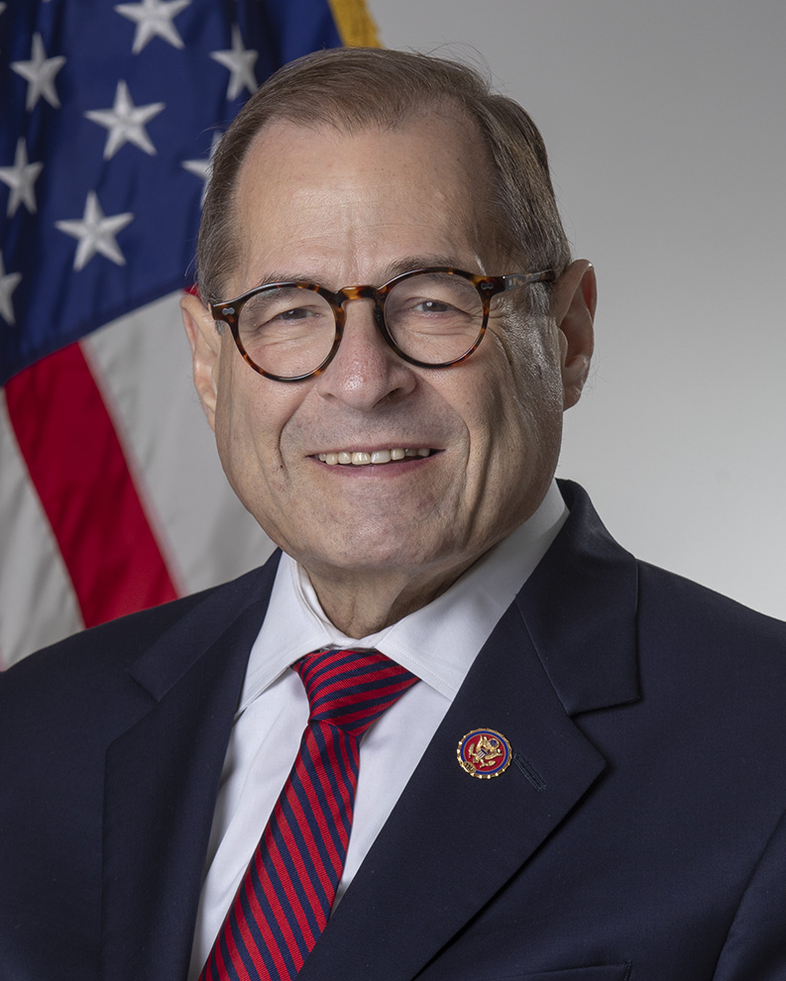
Co-Sponsor
-
TrackRichard E. Neal
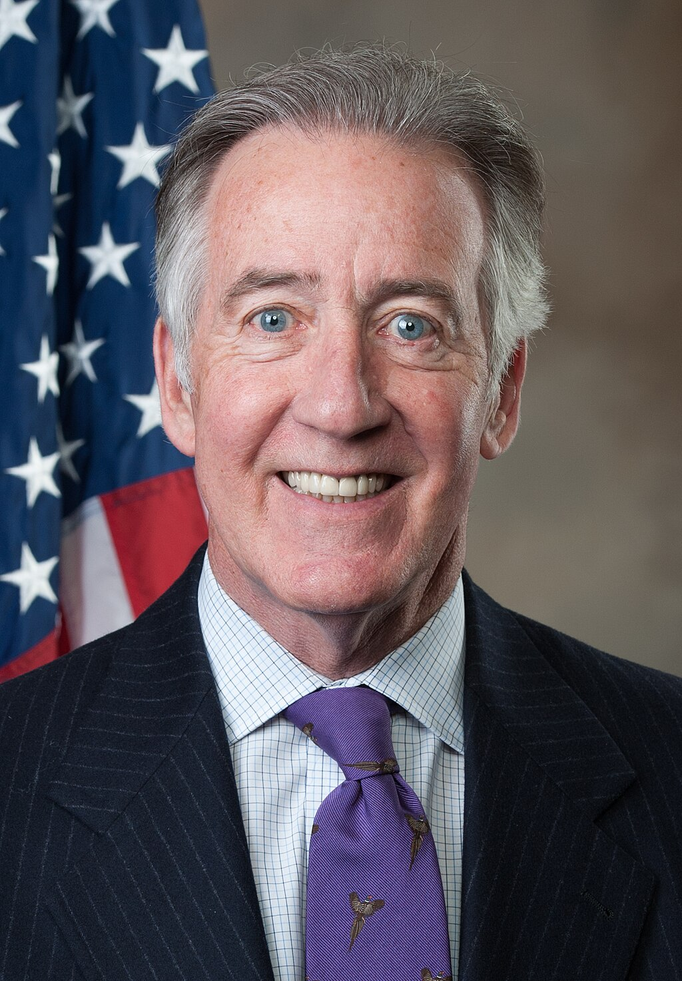
Co-Sponsor
-
TrackJoe Neguse

Co-Sponsor
-
TrackDonald Norcross
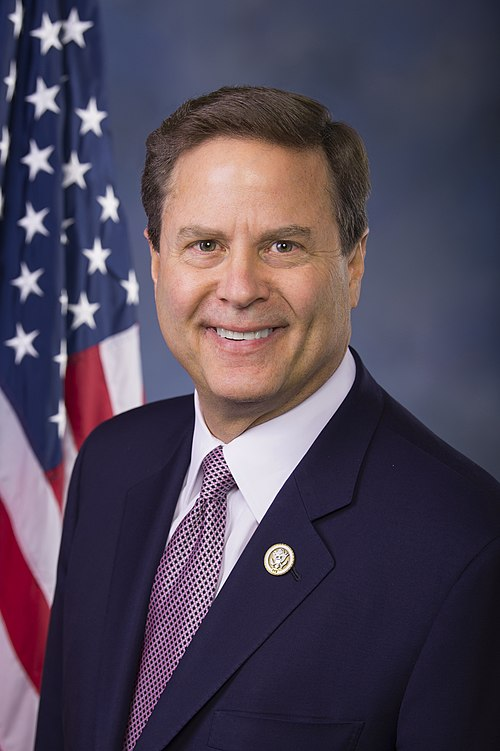
Co-Sponsor
-
TrackEleanor Holmes Norton

Co-Sponsor
-
TrackAlexandria Ocasio-Cortez

Co-Sponsor
-
TrackJohnny Olszewski
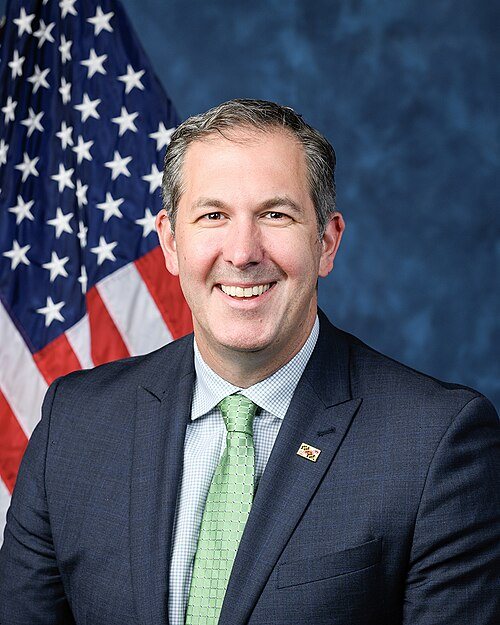
Co-Sponsor
-
TrackIlhan Omar

Co-Sponsor
-
TrackFrank Pallone, Jr.

Co-Sponsor
-
TrackJimmy Panetta
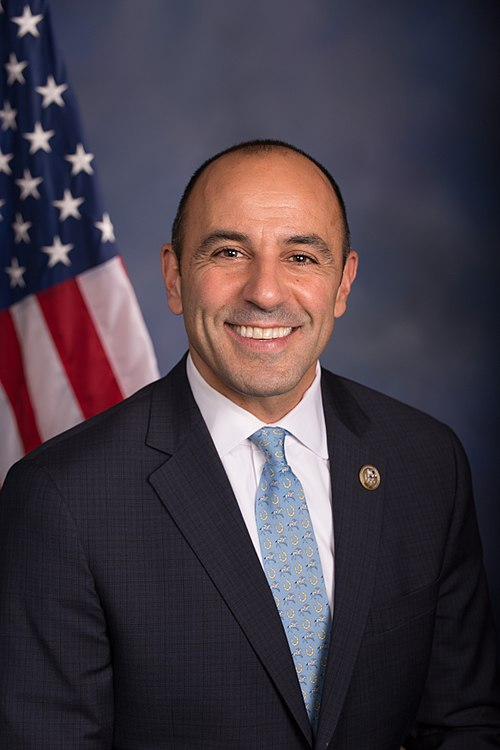
Co-Sponsor
-
TrackChris Pappas

Co-Sponsor
-
TrackNancy Pelosi

Co-Sponsor
-
TrackMarie Gluesenkamp Perez

Co-Sponsor
-
TrackScott H. Peters

Co-Sponsor
-
TrackBrittany Pettersen

Co-Sponsor
-
TrackChellie Pingree

Co-Sponsor
-
TrackStacey E. Plaskett

Co-Sponsor
-
TrackMark Pocan
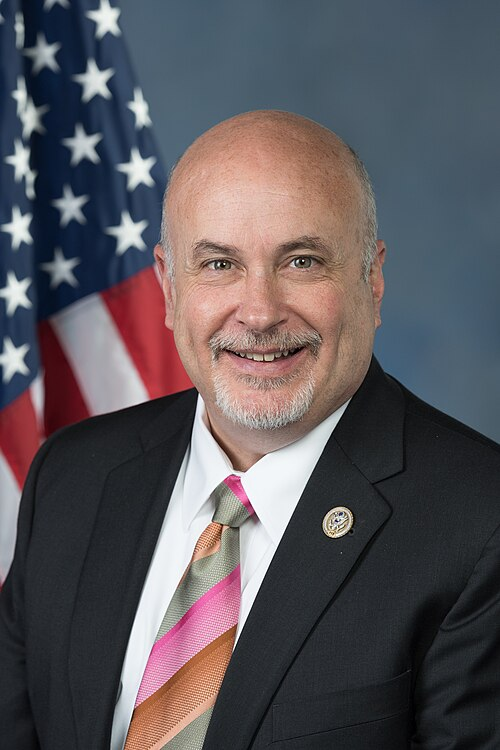
Co-Sponsor
-
TrackNellie Pou

Co-Sponsor
-
TrackAyanna Pressley
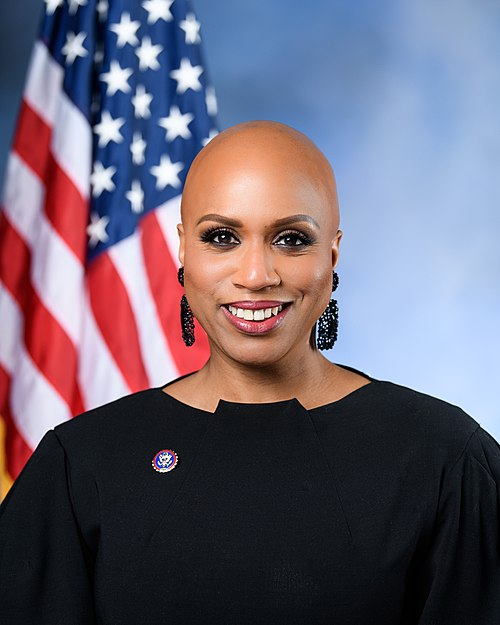
Co-Sponsor
-
TrackMike Quigley

Co-Sponsor
-
TrackDelia C. Ramirez

Co-Sponsor
-
TrackEmily Randall

Co-Sponsor
-
TrackJamie Raskin
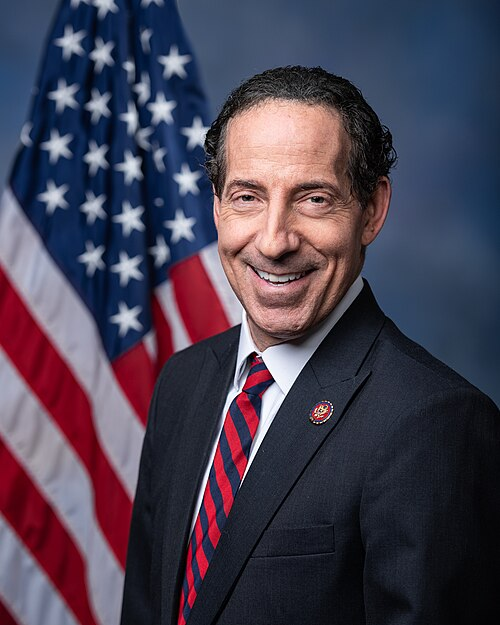
Co-Sponsor
-
TrackLuz Rivas
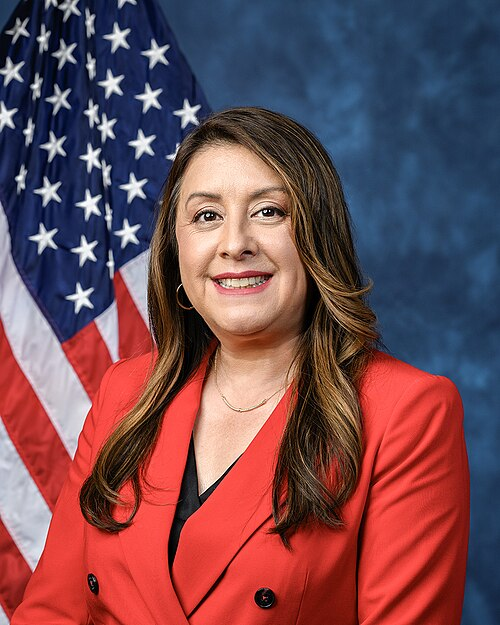
Co-Sponsor
-
TrackDeborah K. Ross

Co-Sponsor
-
TrackRaul Ruiz
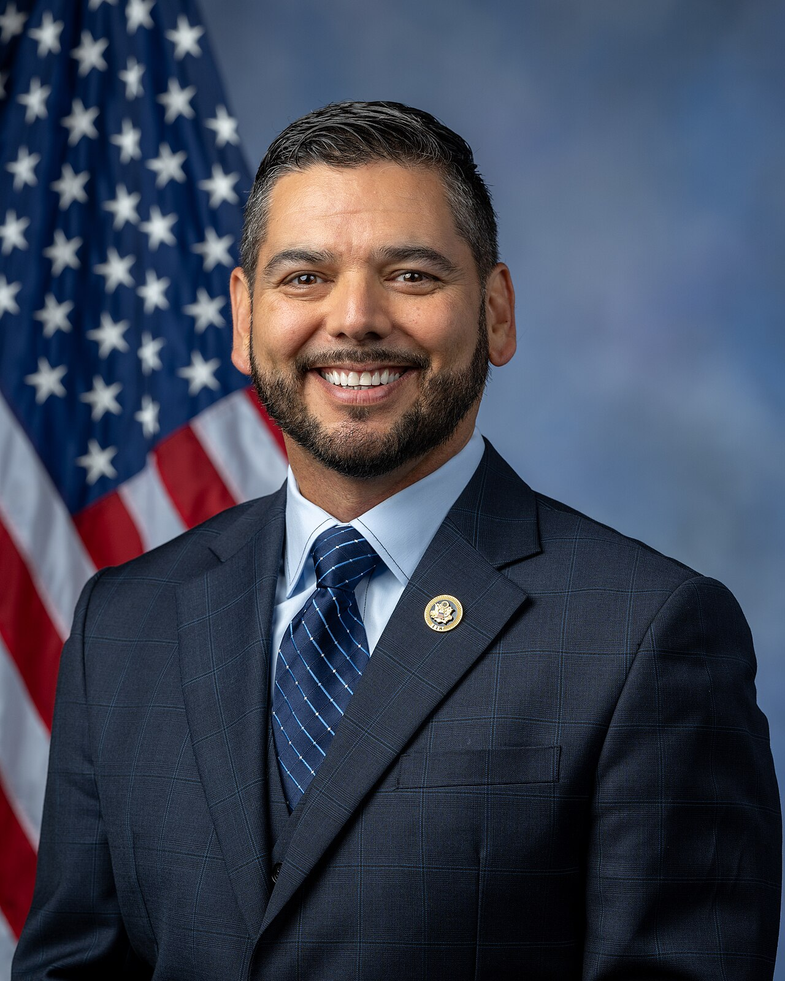
Co-Sponsor
-
TrackPatrick Ryan
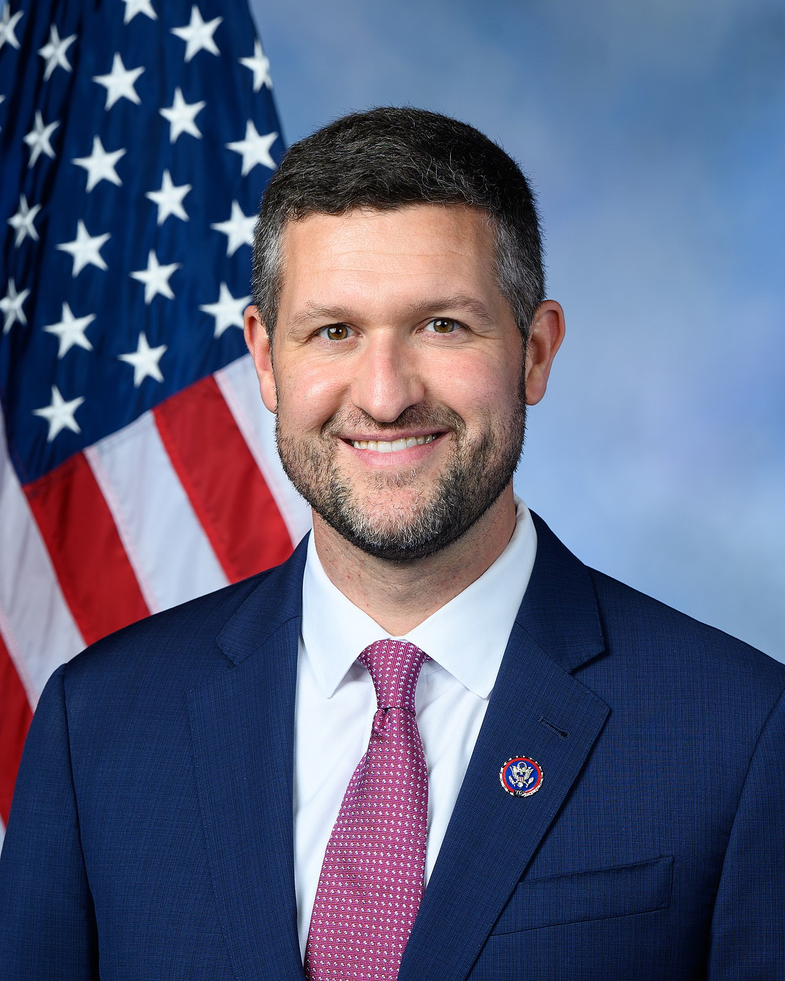
Co-Sponsor
-
TrackAndrea Salinas

Co-Sponsor
-
TrackMary Gay Scanlon

Co-Sponsor
-
TrackJanice D. Schakowsky

Co-Sponsor
-
TrackBradley Scott Schneider
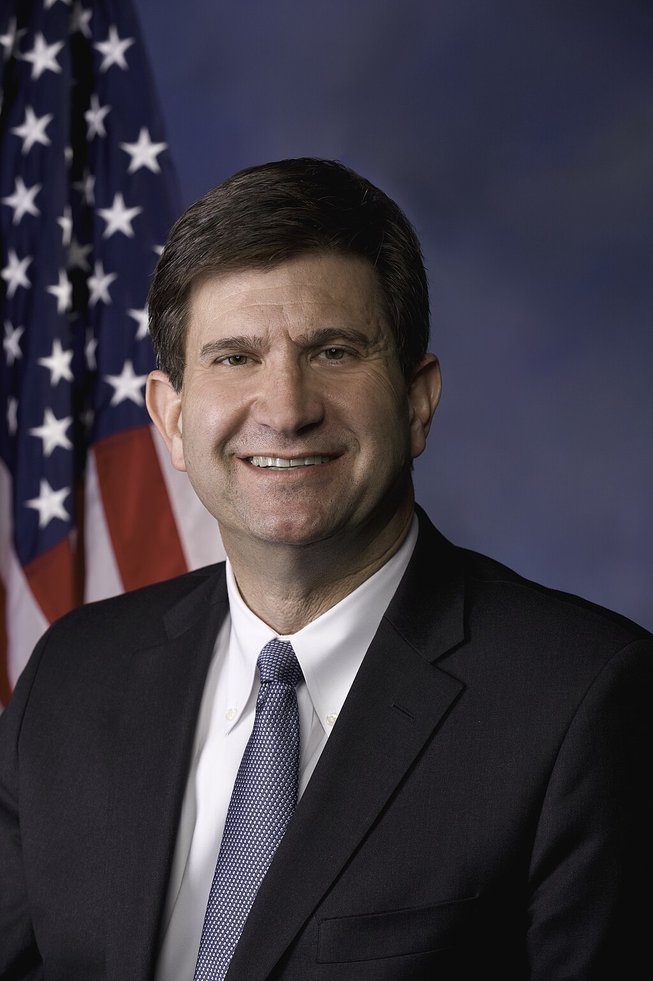
Co-Sponsor
-
TrackHillary J. Scholten

Co-Sponsor
-
TrackKim Schrier

Co-Sponsor
-
TrackRobert C. "Bobby" Scott
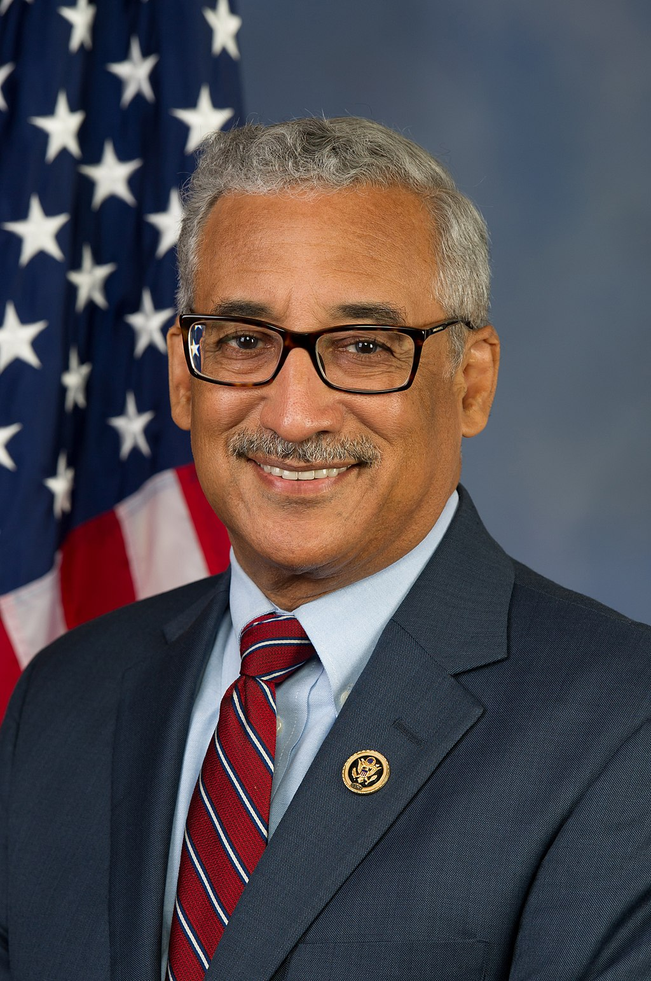
Co-Sponsor
-
TrackDavid Scott

Co-Sponsor
-
TrackTerri A. Sewell

Co-Sponsor
-
TrackBrad Sherman

Co-Sponsor
-
TrackMikie Sherrill
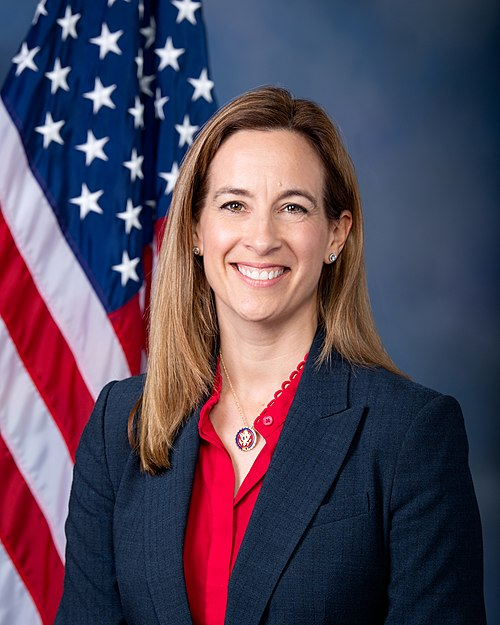
Co-Sponsor
-
TrackLateefah Simon

Co-Sponsor
-
TrackAdam Smith

Co-Sponsor
-
TrackEric Sorensen
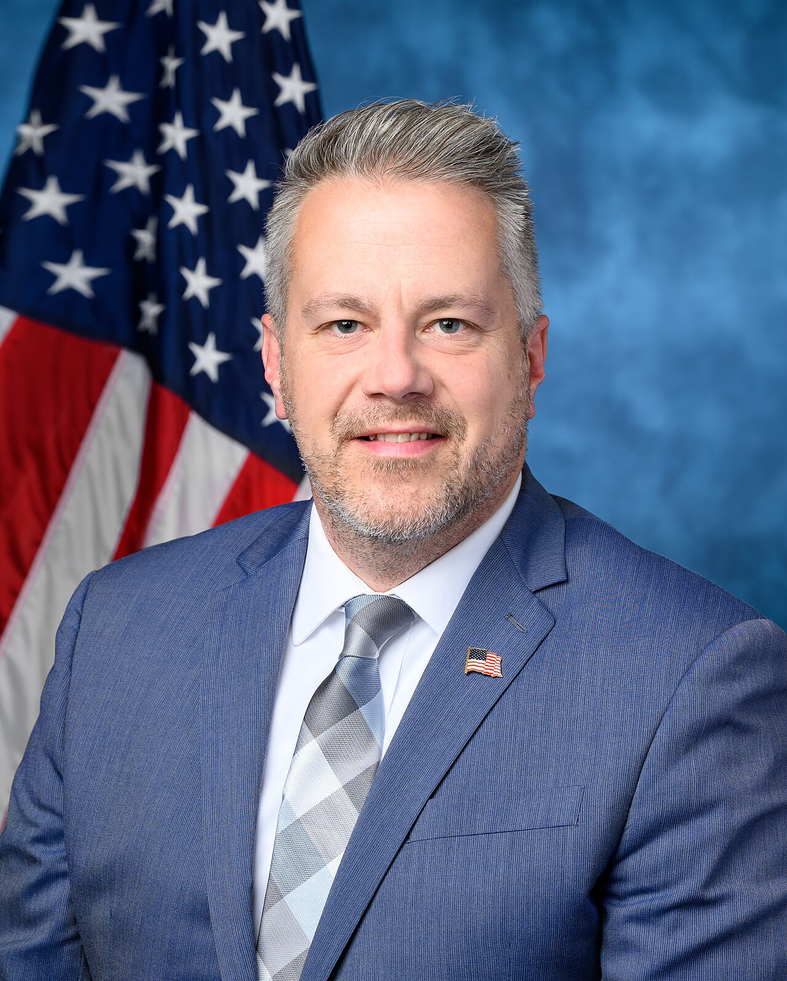
Co-Sponsor
-
TrackDarren Soto
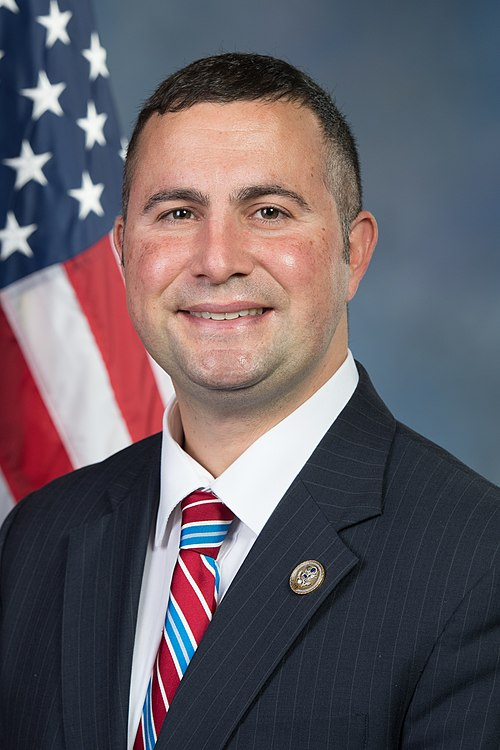
Co-Sponsor
-
TrackMelanie A. Stansbury

Co-Sponsor
-
TrackGreg Stanton

Co-Sponsor
-
TrackHaley M. Stevens

Co-Sponsor
-
TrackMarilyn Strickland
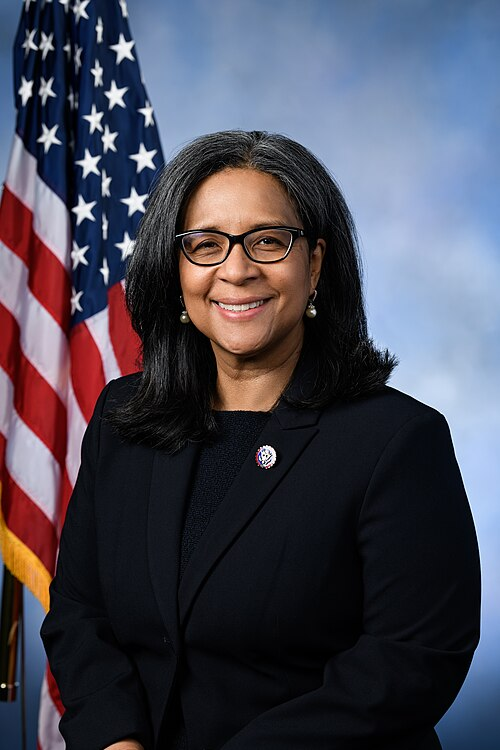
Co-Sponsor
-
TrackSuhas Subramanyam

Co-Sponsor
-
TrackThomas R. Suozzi

Co-Sponsor
-
TrackEric Swalwell

Co-Sponsor
-
TrackEmilia Strong Sykes

Co-Sponsor
-
TrackLinda T. Sánchez

Co-Sponsor
-
TrackMark Takano
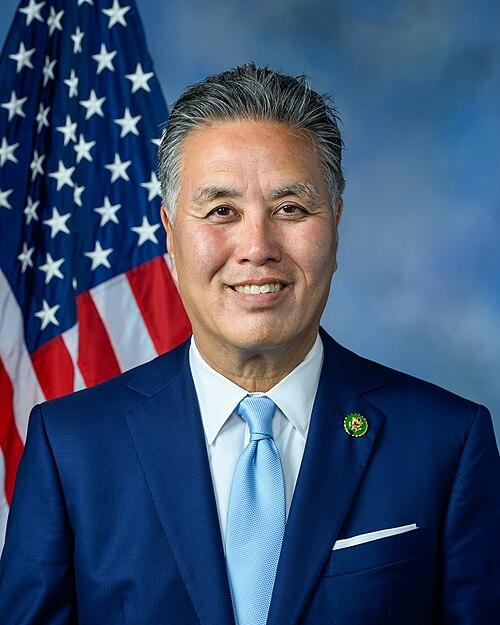
Co-Sponsor
-
TrackShri Thanedar

Co-Sponsor
-
TrackMike Thompson
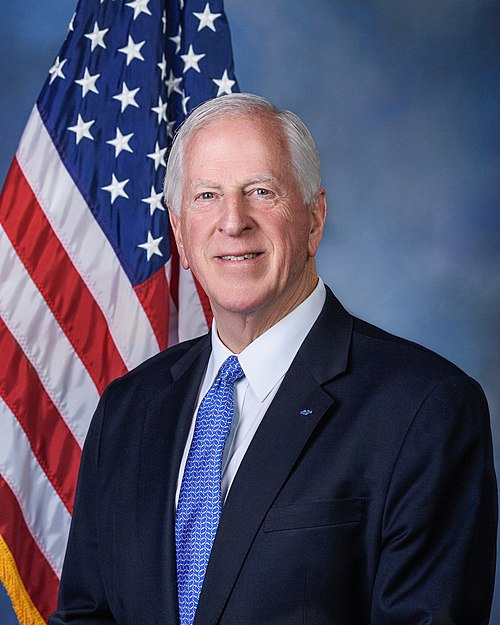
Co-Sponsor
-
TrackBennie G. Thompson
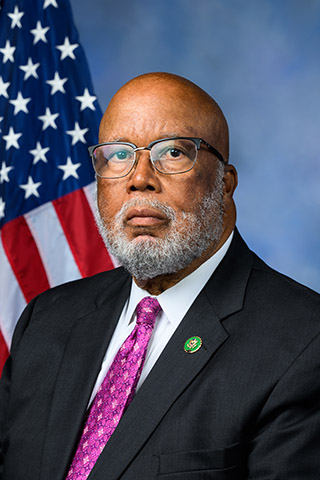
Co-Sponsor
-
TrackDina Titus

Co-Sponsor
-
TrackRashida Tlaib

Co-Sponsor
-
TrackJill N. Tokuda

Co-Sponsor
-
TrackPaul Tonko
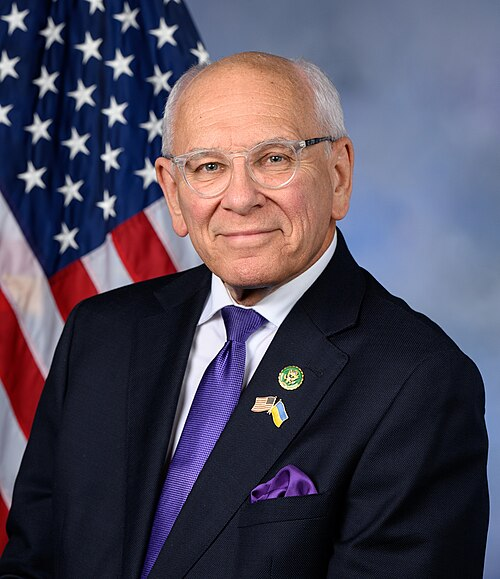
Co-Sponsor
-
TrackRitchie Torres

Co-Sponsor
-
TrackNorma J. Torres

Co-Sponsor
-
TrackLori Trahan

Co-Sponsor
-
TrackDerek Tran
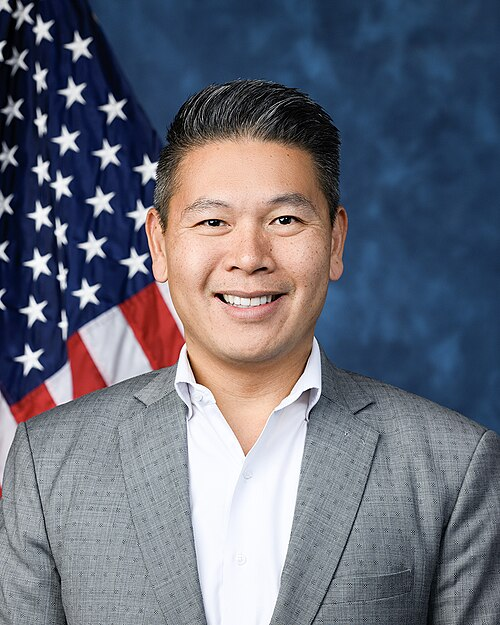
Co-Sponsor
-
TrackSylvester Turner

Co-Sponsor
-
TrackLauren Underwood

Co-Sponsor
-
TrackJuan Vargas
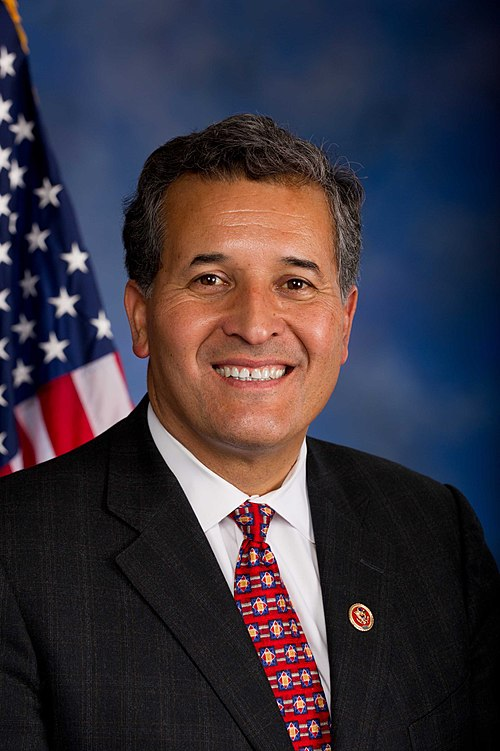
Co-Sponsor
-
TrackGabe Vasquez
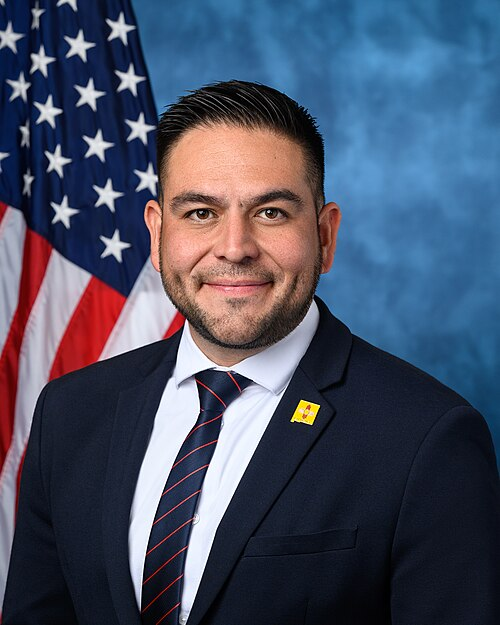
Co-Sponsor
-
TrackMarc A. Veasey

Co-Sponsor
-
TrackNydia M. Velázquez

Co-Sponsor
-
TrackEugene Vindman

Co-Sponsor
-
TrackJames R. Walkinshaw

Co-Sponsor
-
TrackDebbie Wasserman Schultz
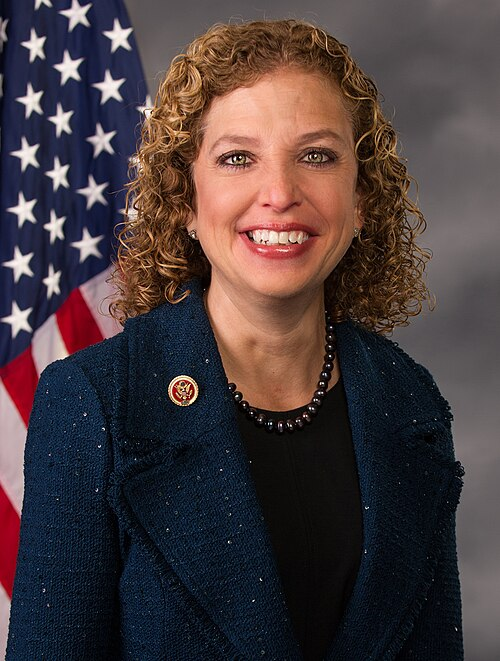
Co-Sponsor
-
TrackMaxine Waters

Co-Sponsor
-
TrackBonnie Watson Coleman

Co-Sponsor
-
TrackNikema Williams
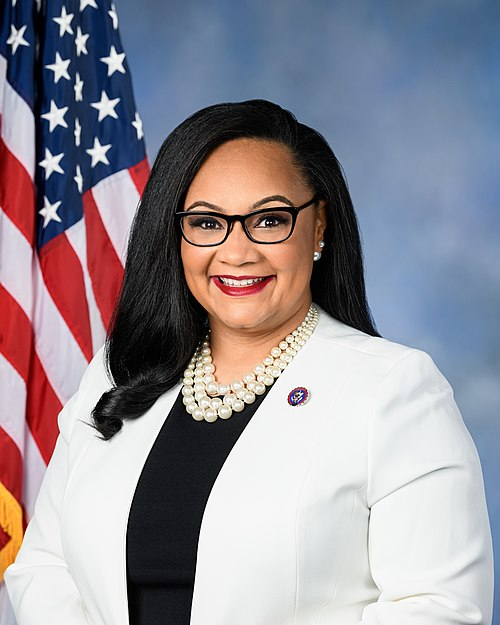
Co-Sponsor
-
TrackFrederica S. Wilson

Co-Sponsor
-
Tracknan

Co-Sponsor
Actions
2 actions
| Date | Action |
|---|---|
| Feb. 05, 2025 | Introduced in House |
| Feb. 05, 2025 | Referred to the House Committee on Energy and Commerce. |
Corporate Lobbying
0 companies lobbying
None found.
* Note that there can be significant delays in lobbying disclosures, and our data may be incomplete.













